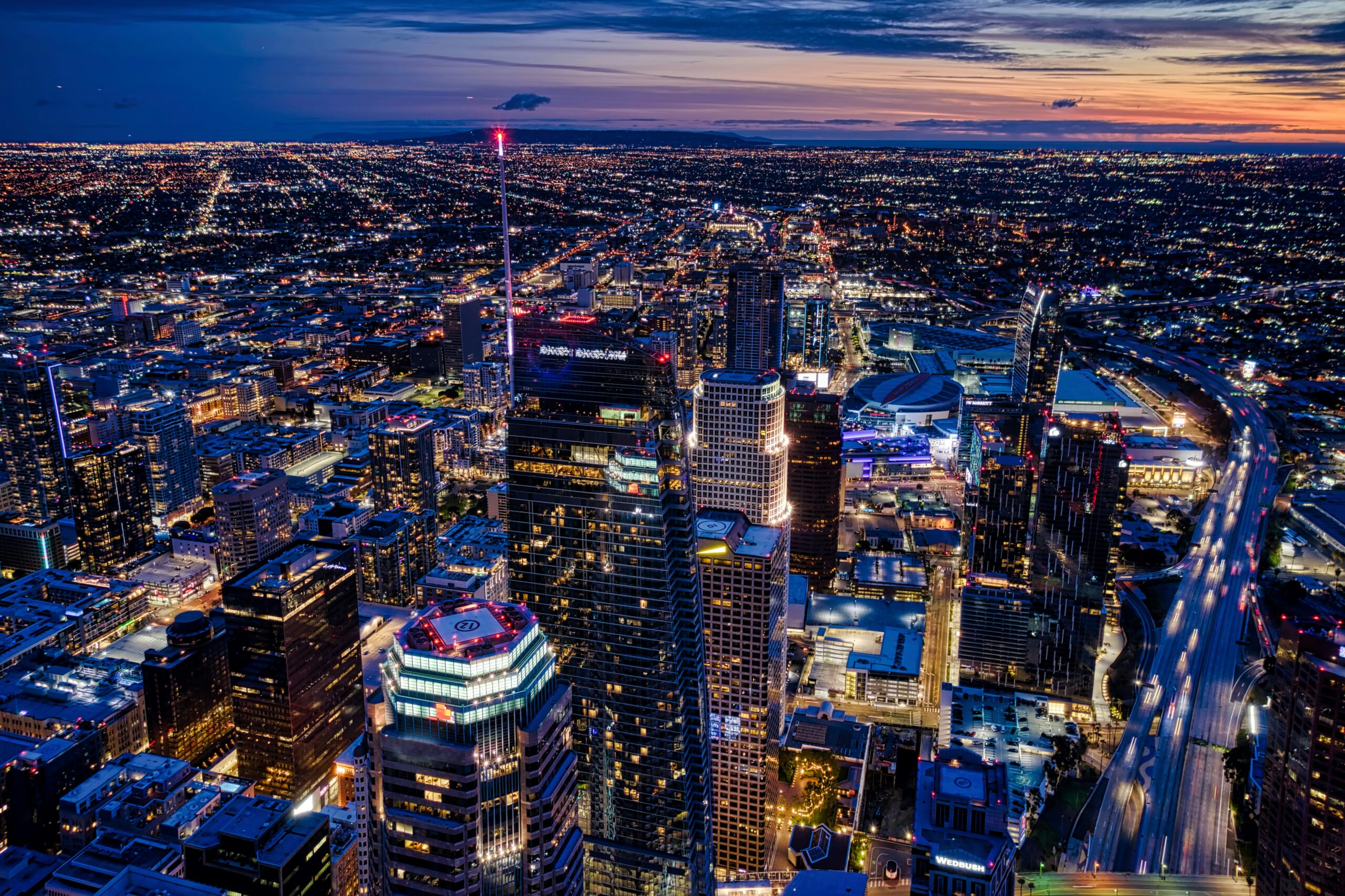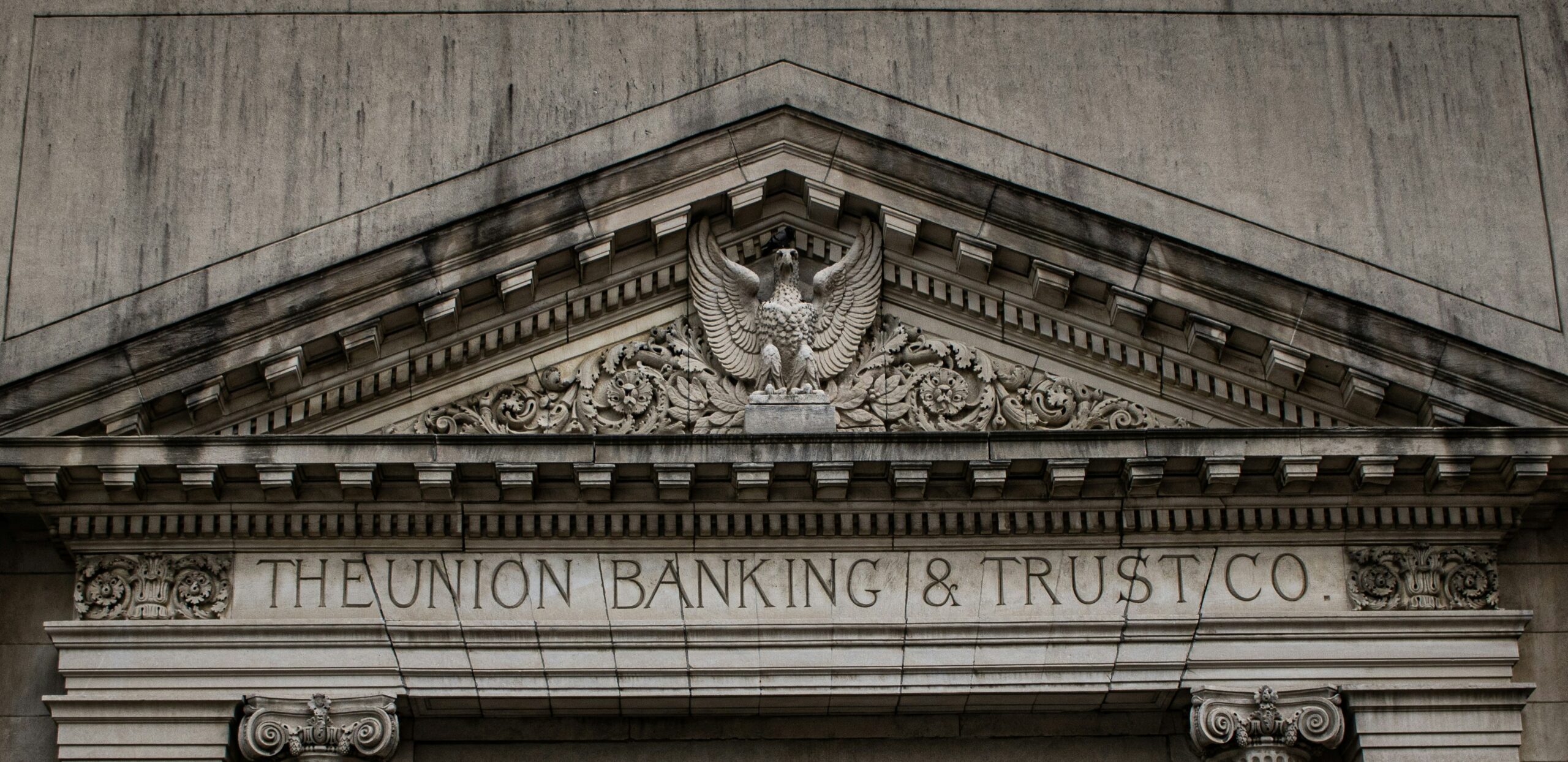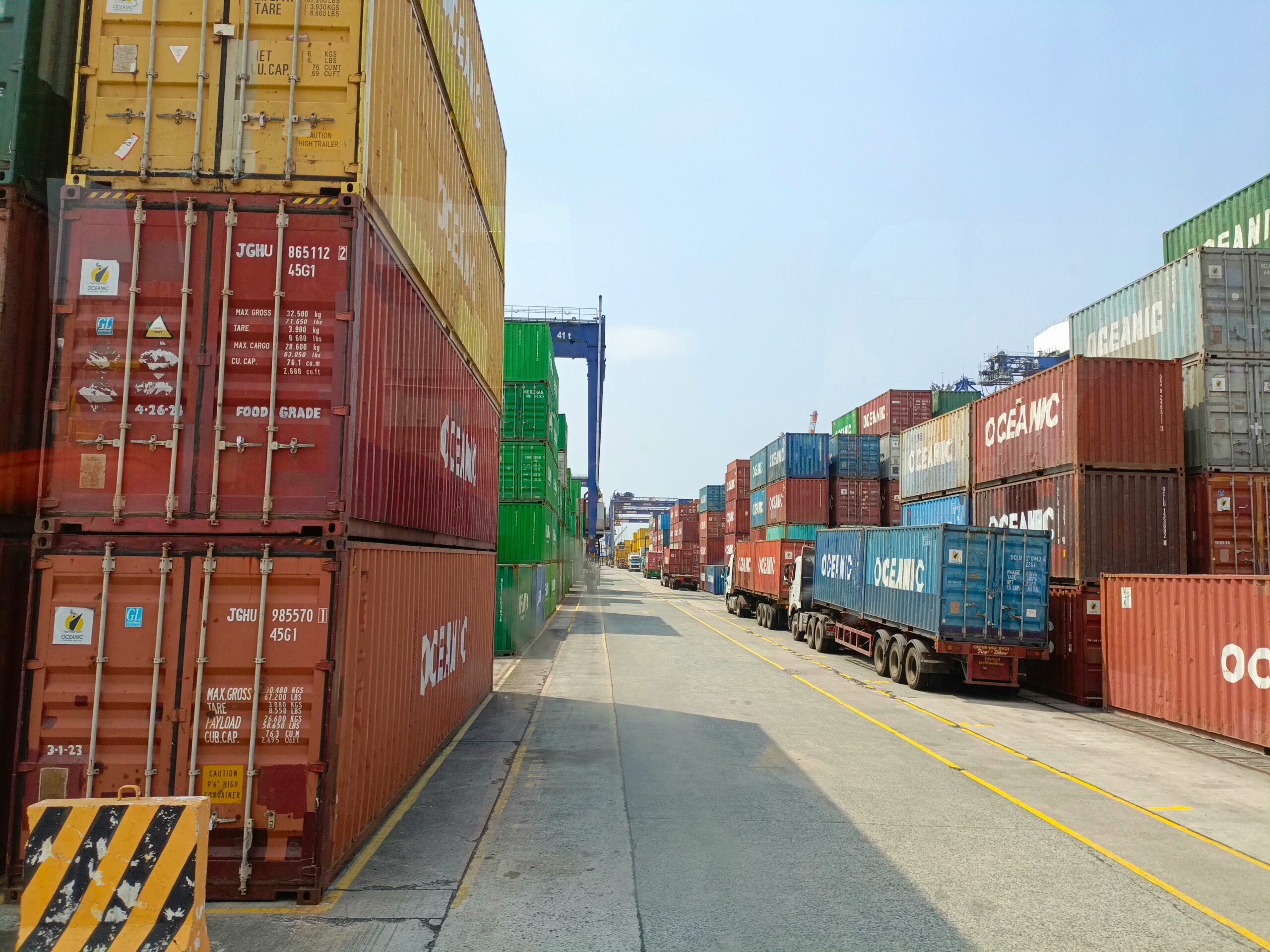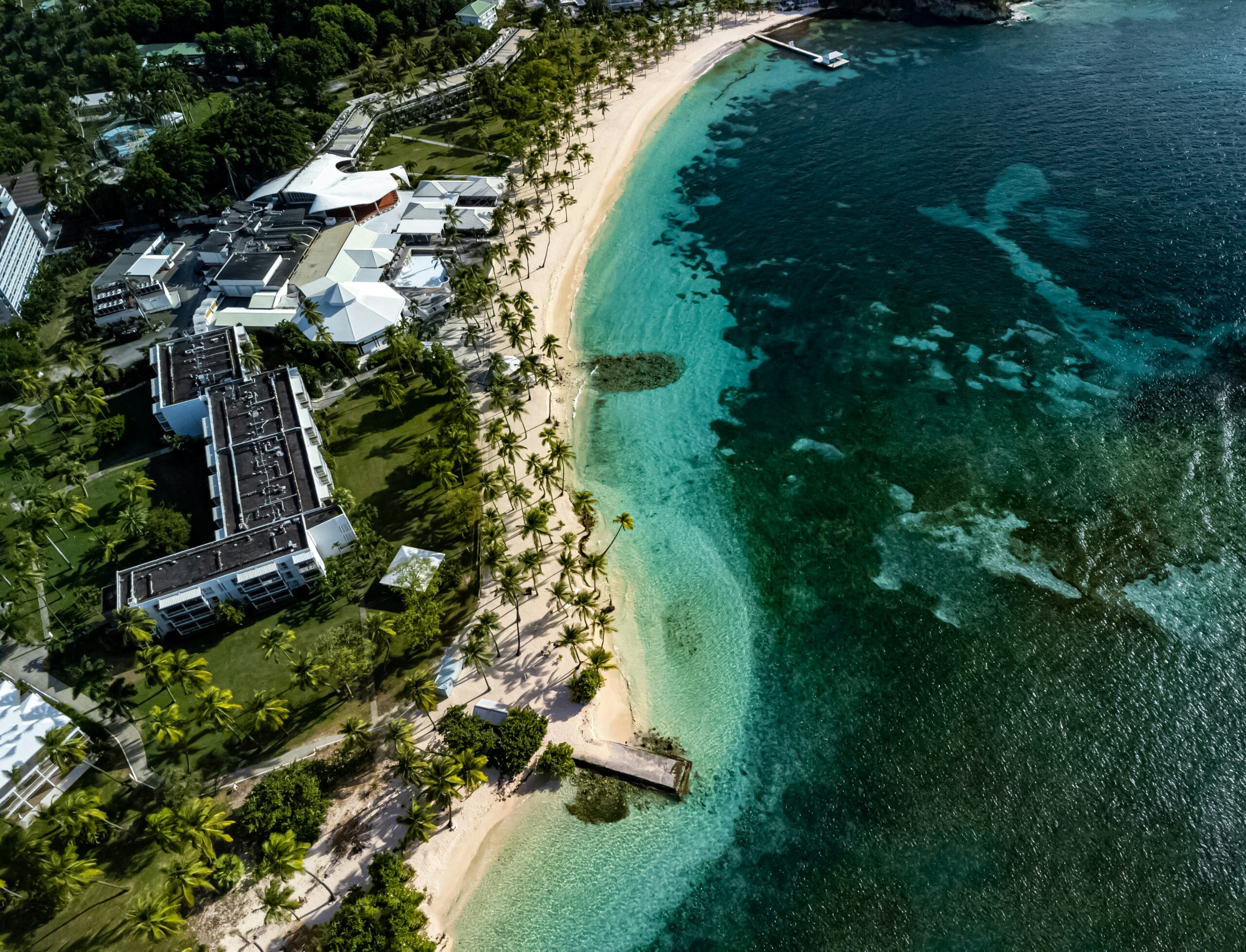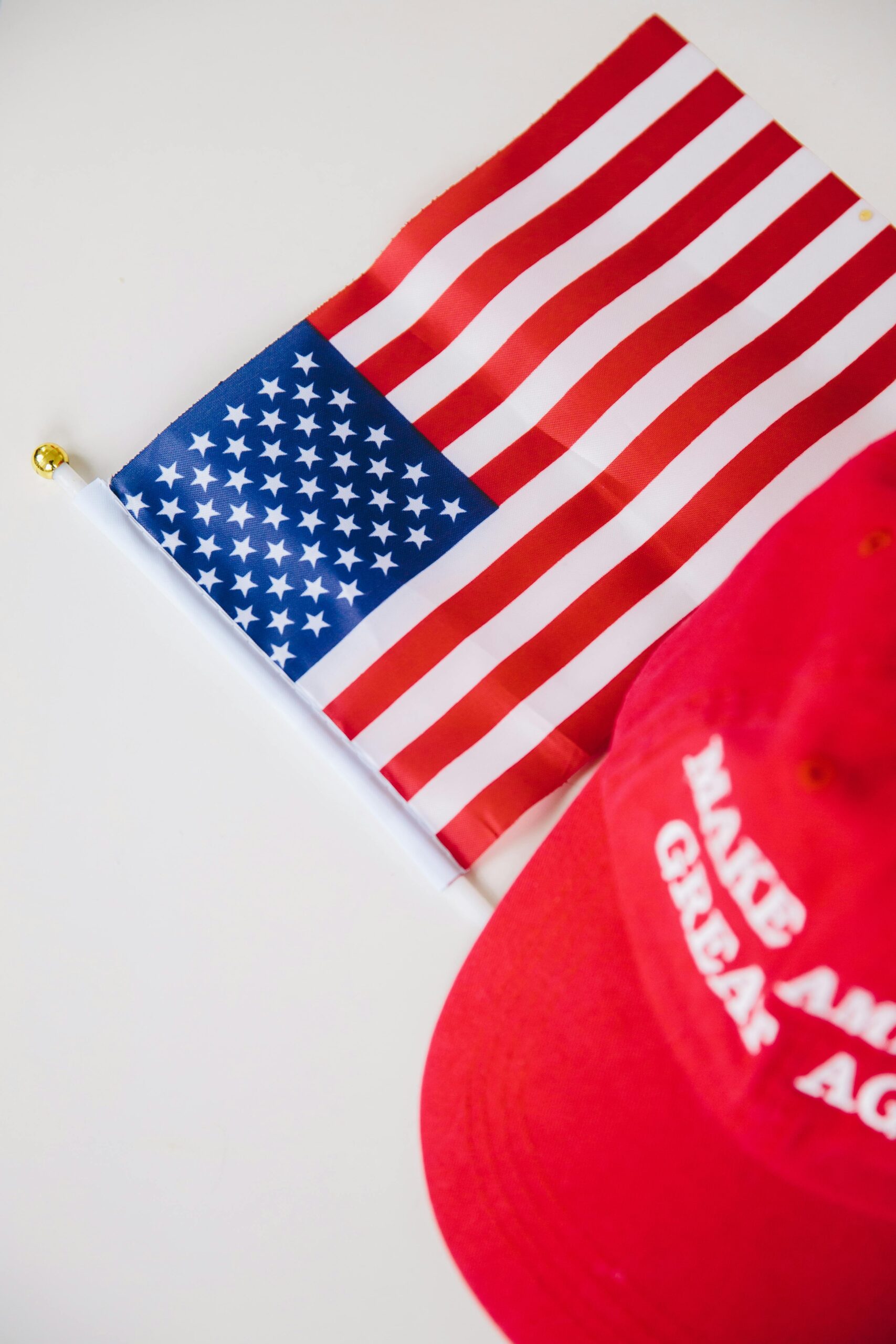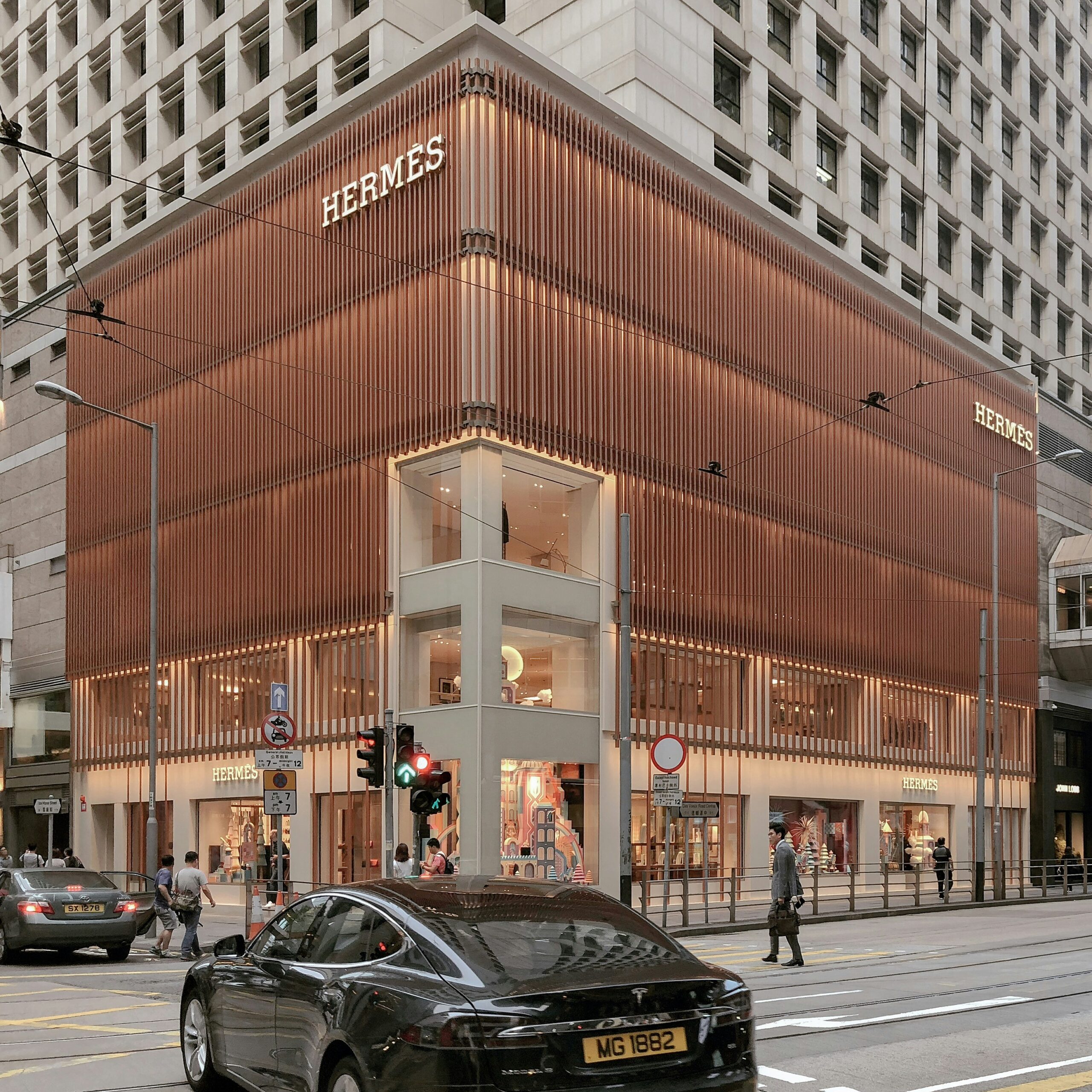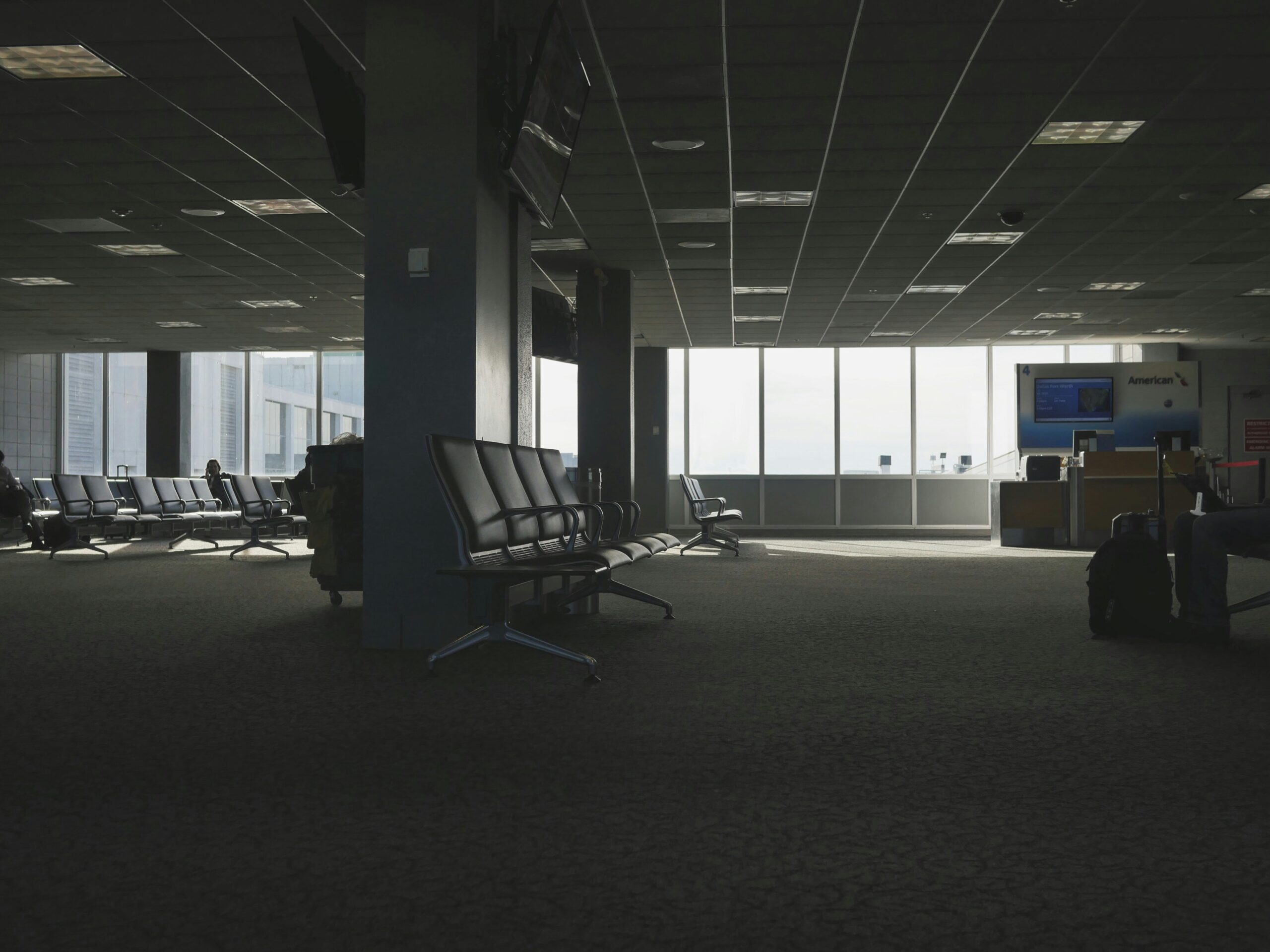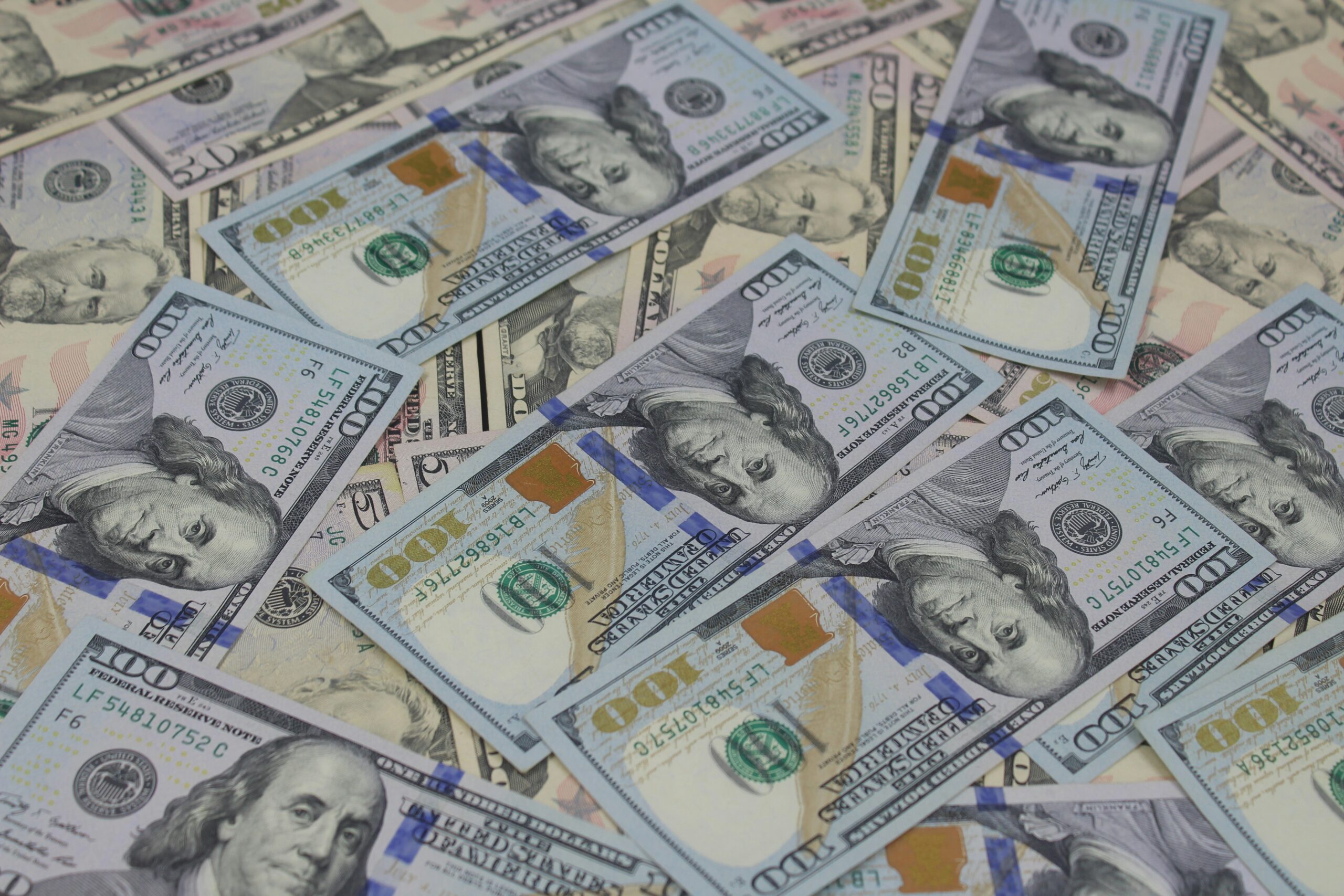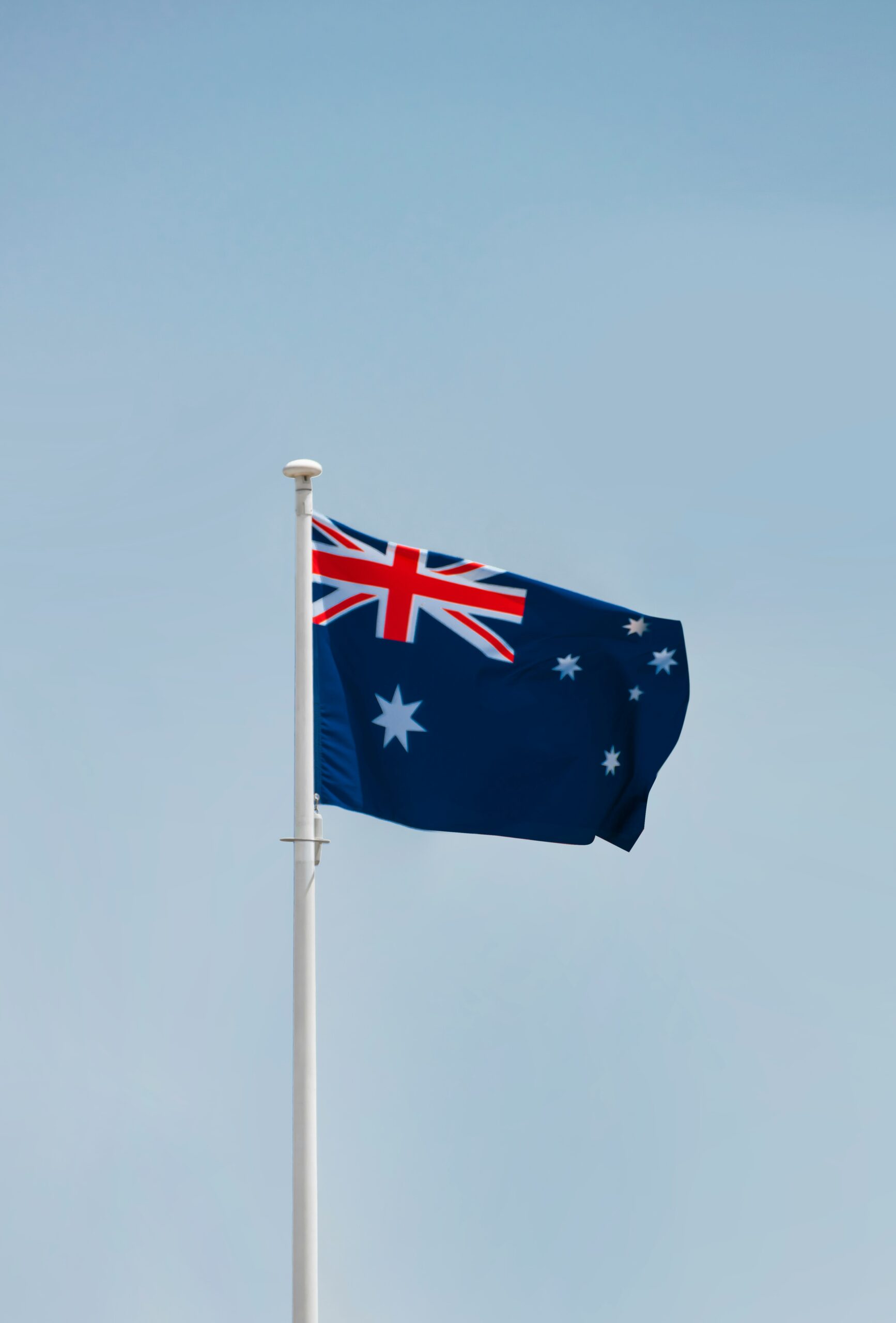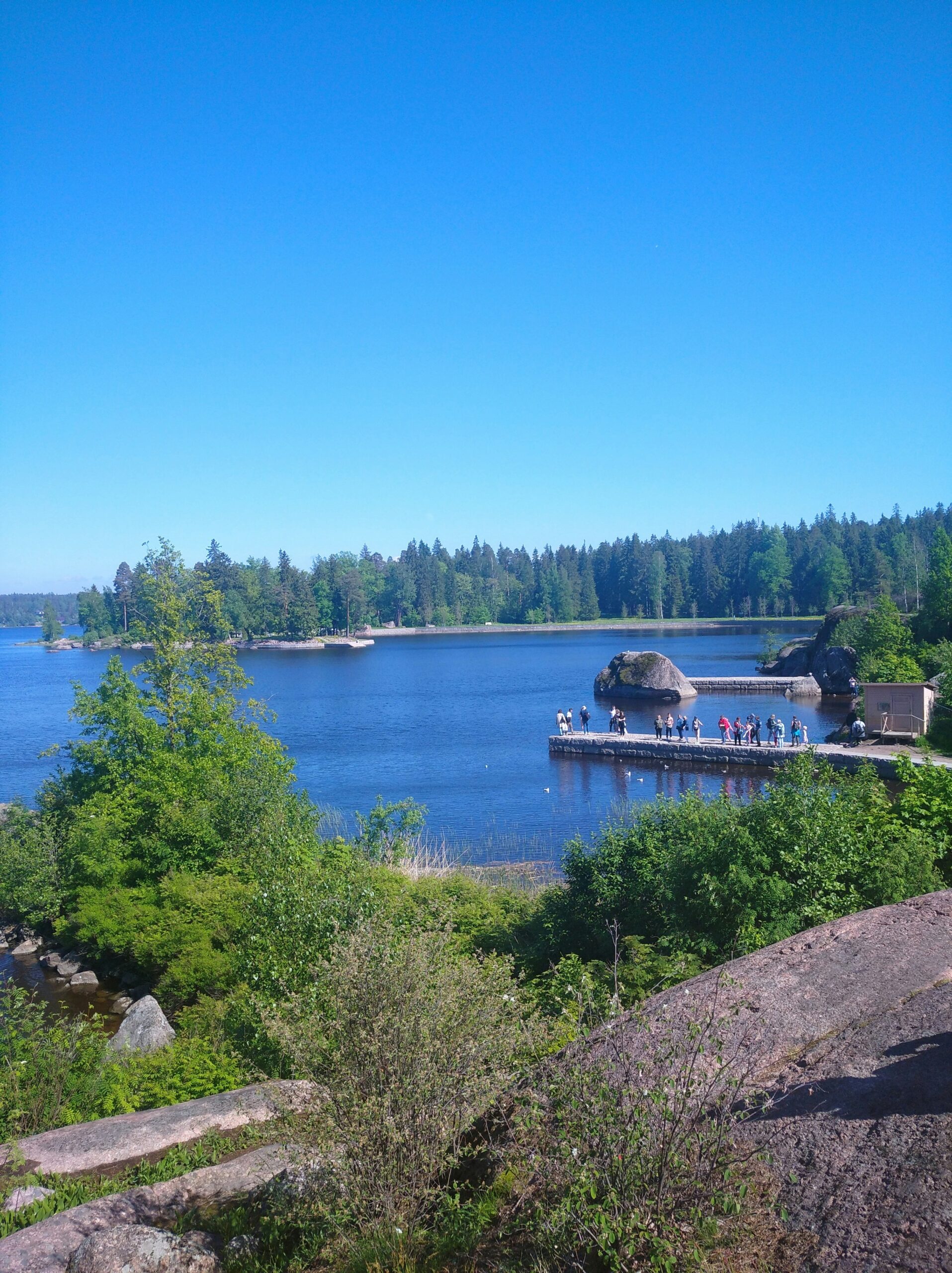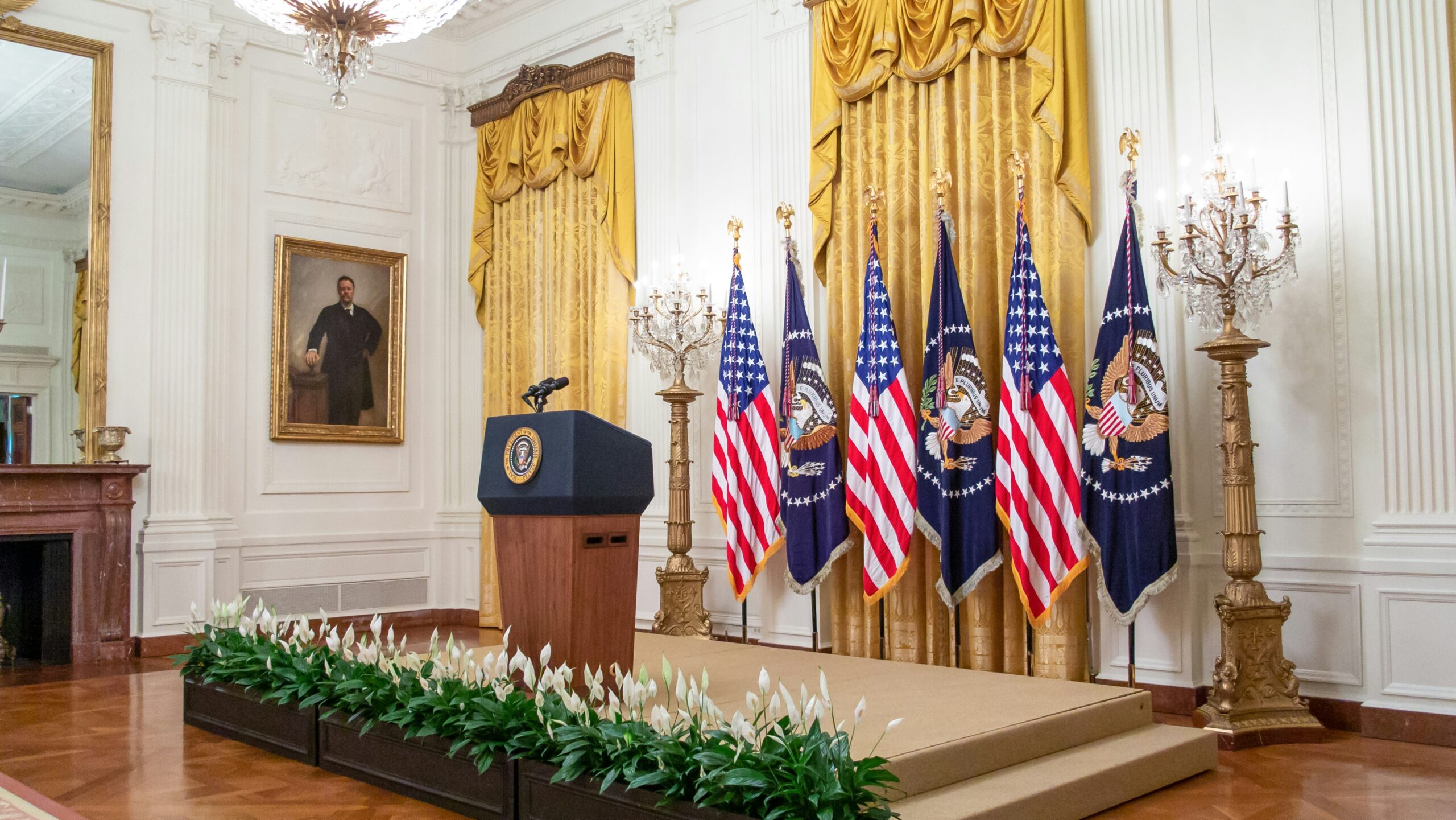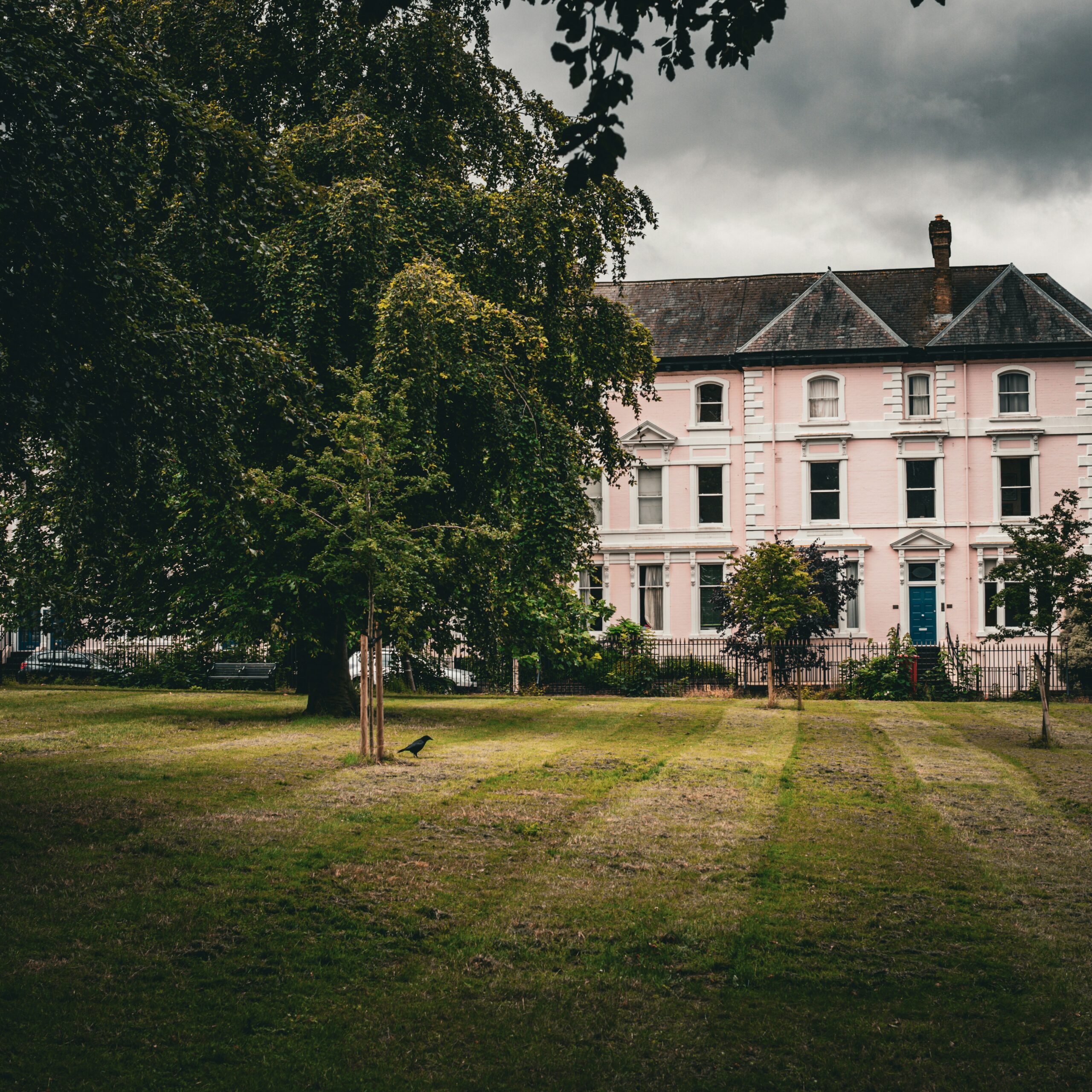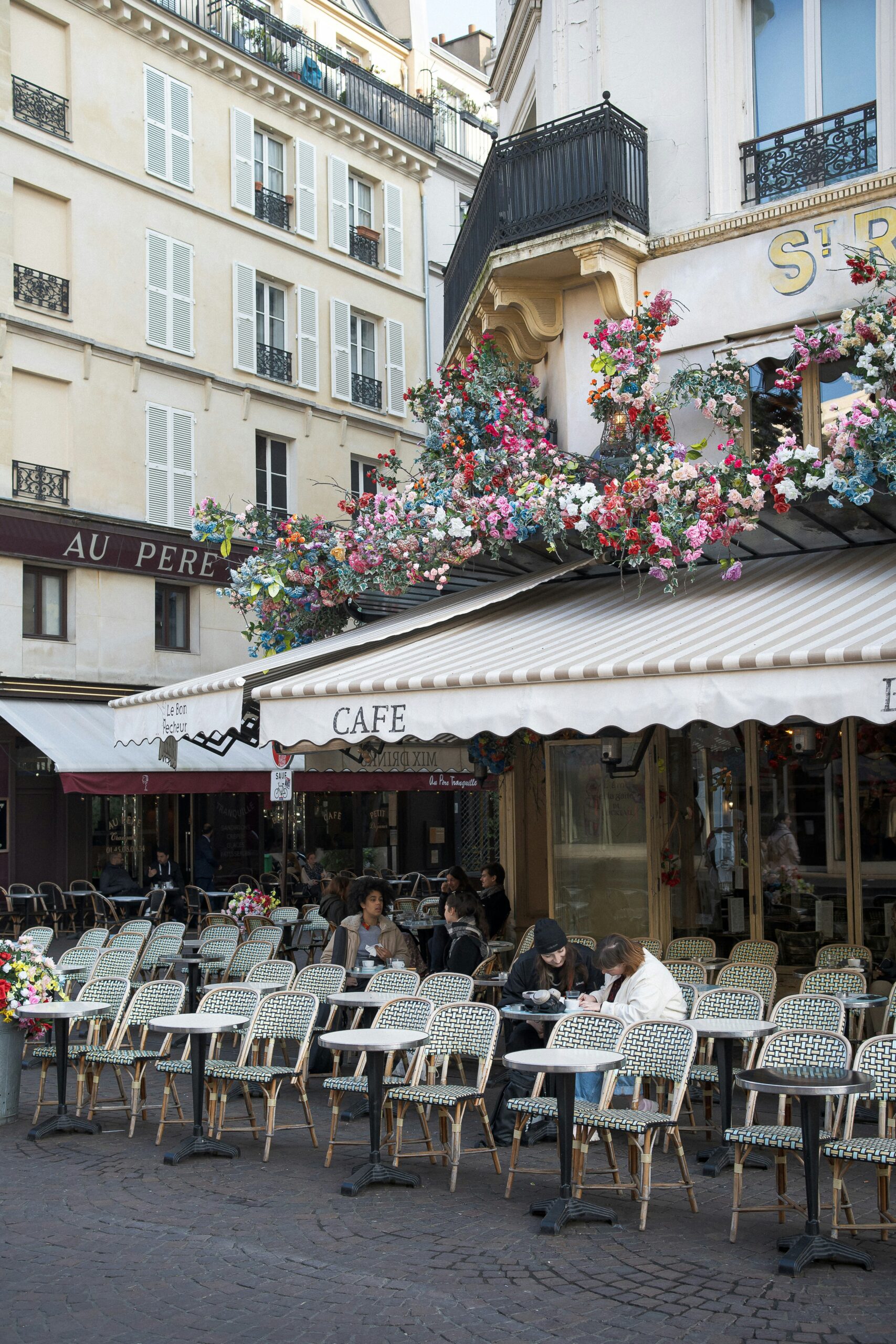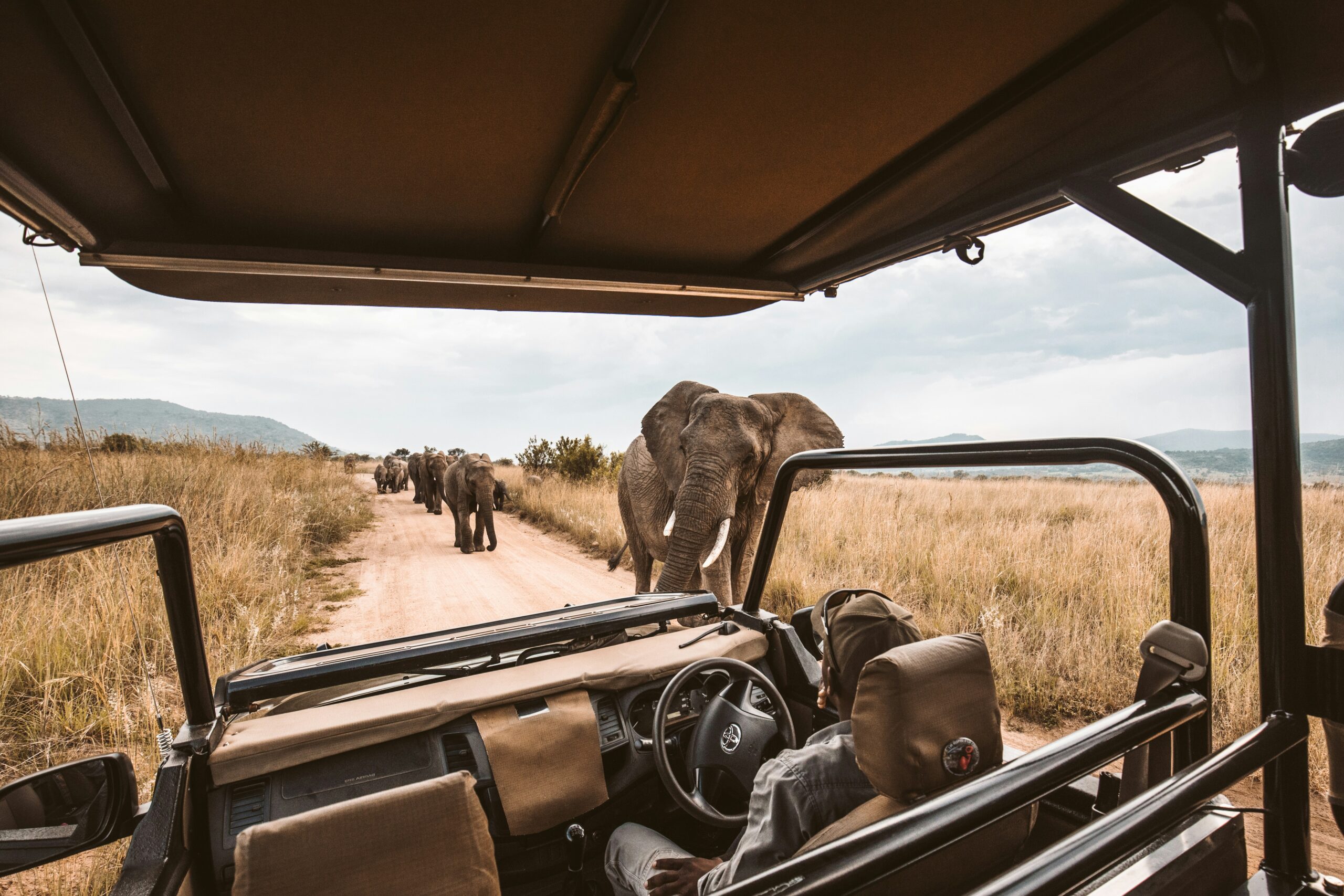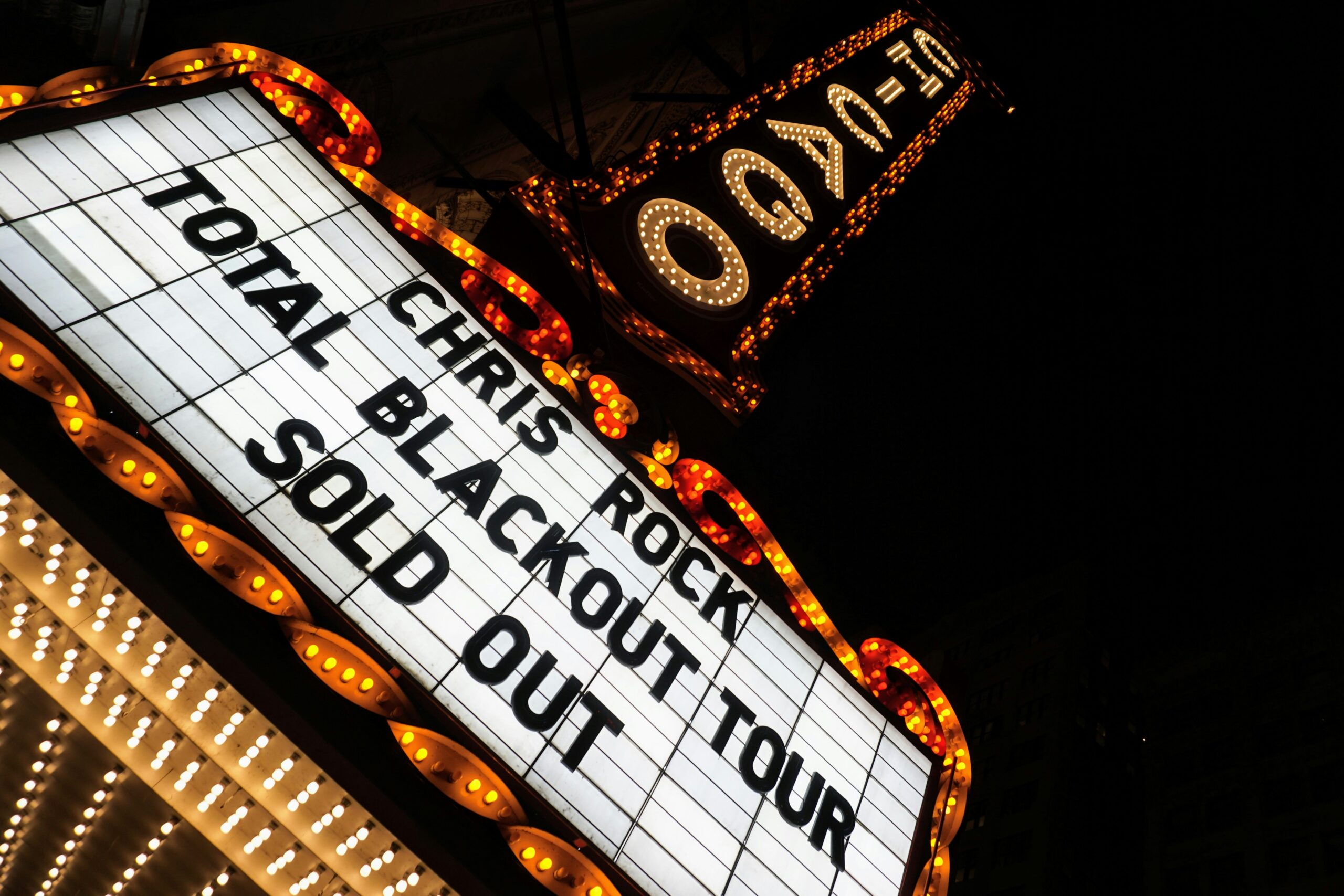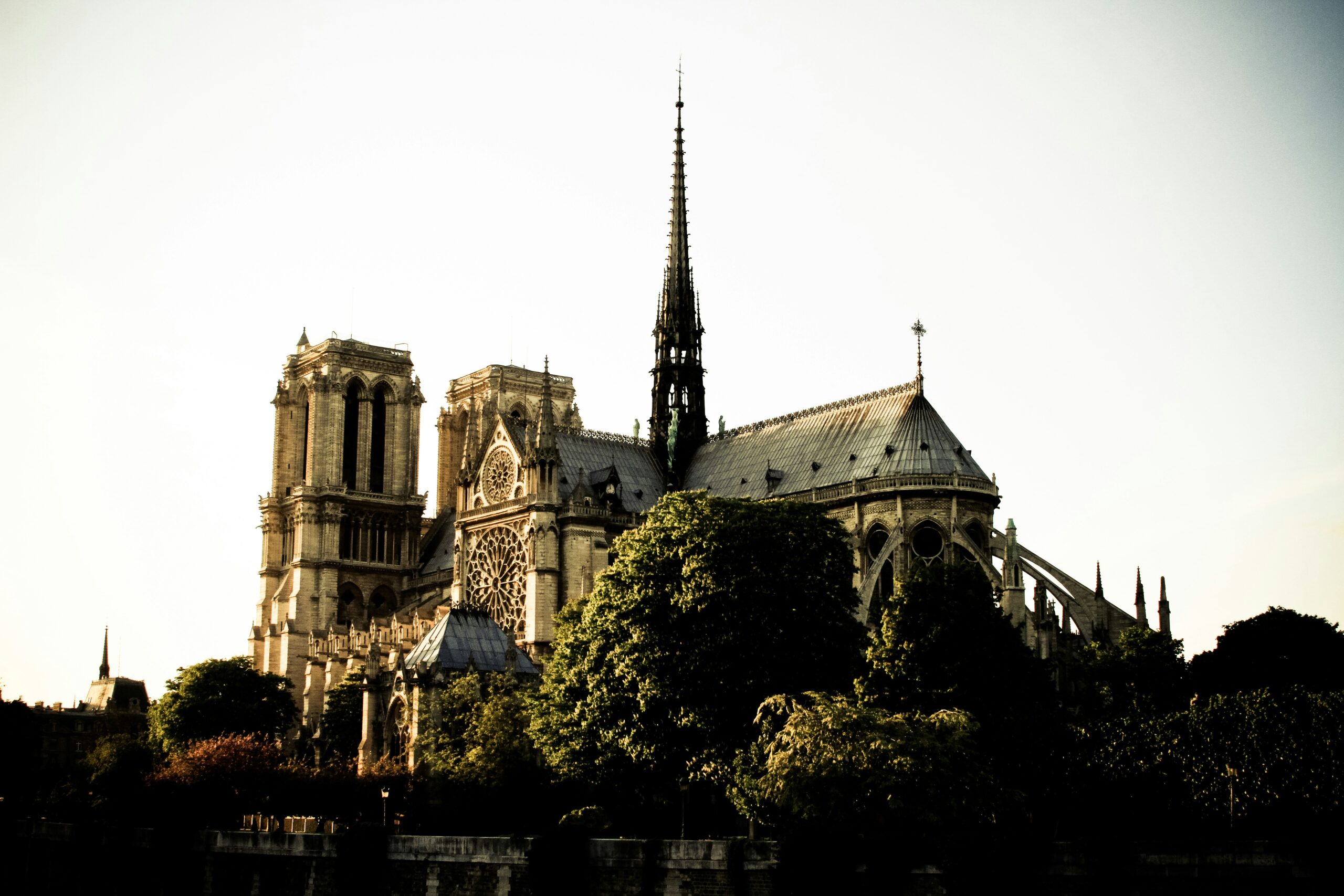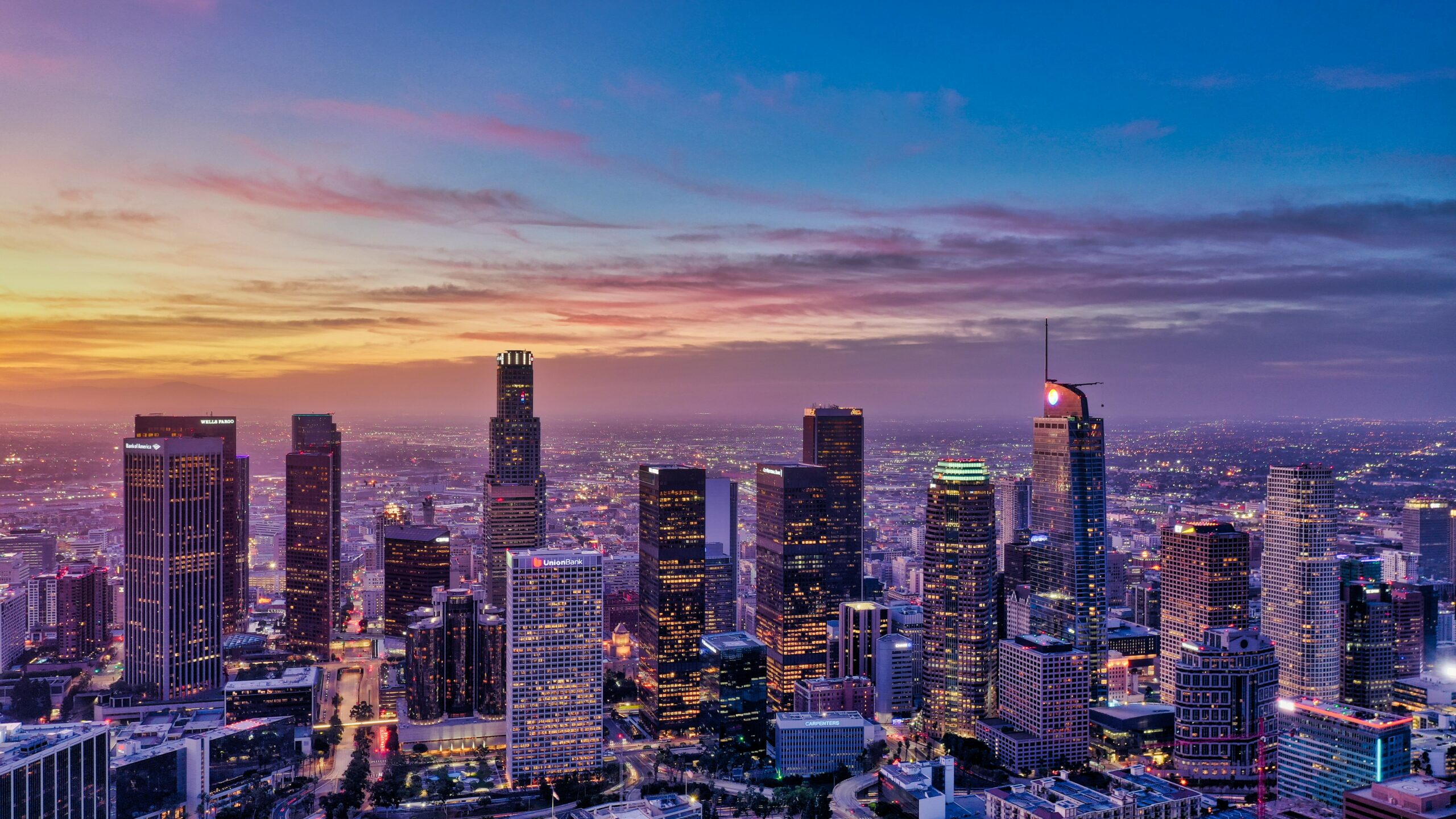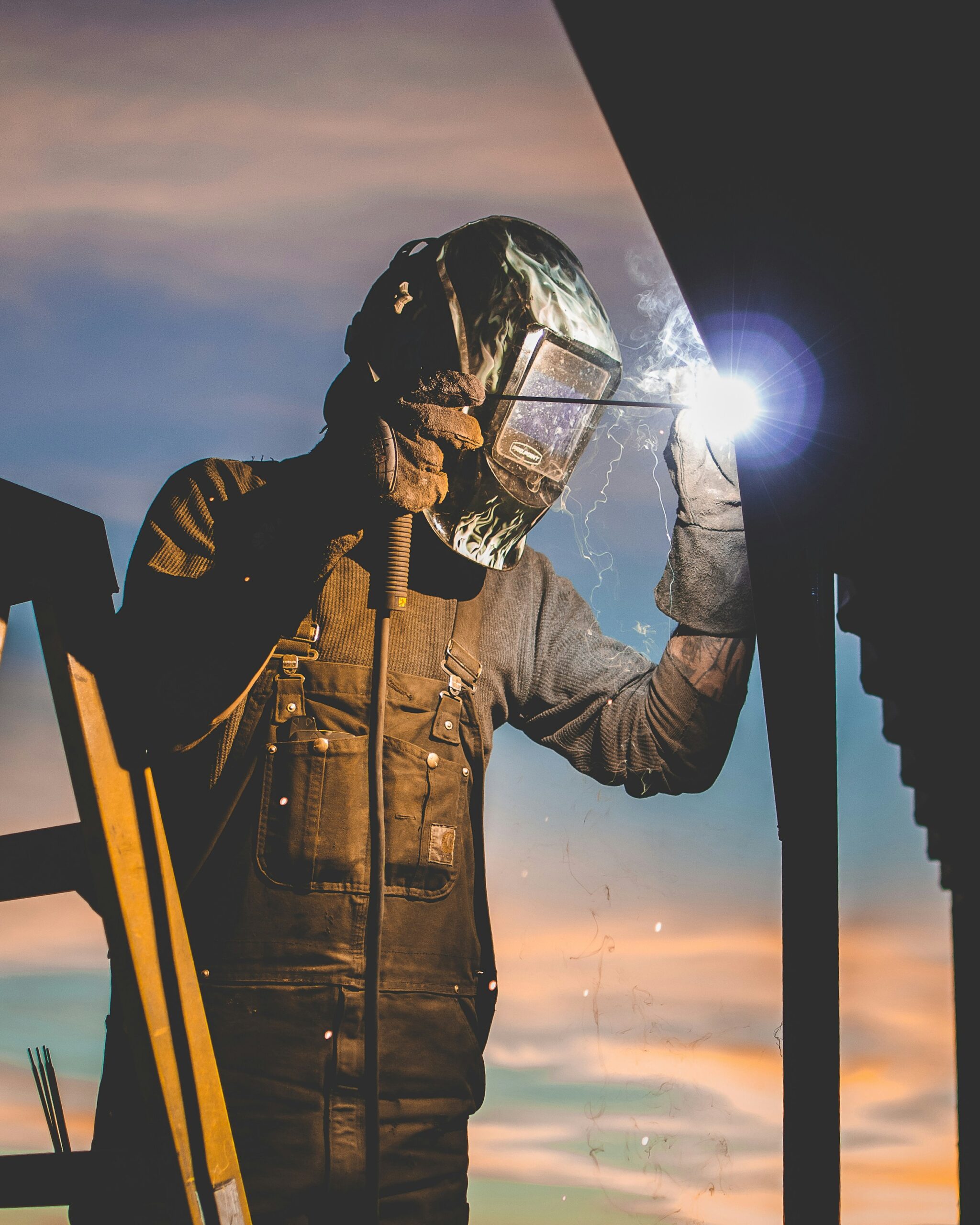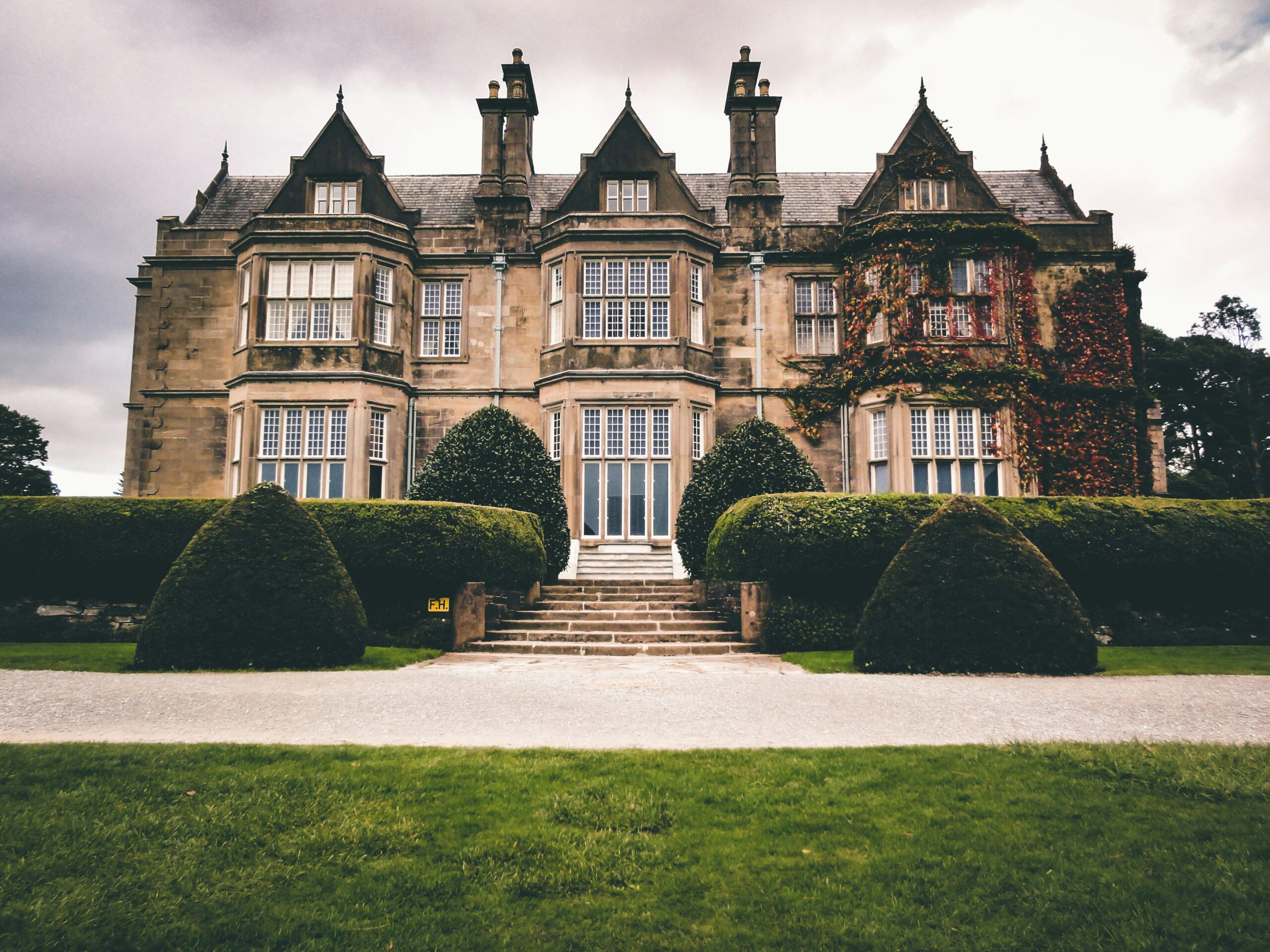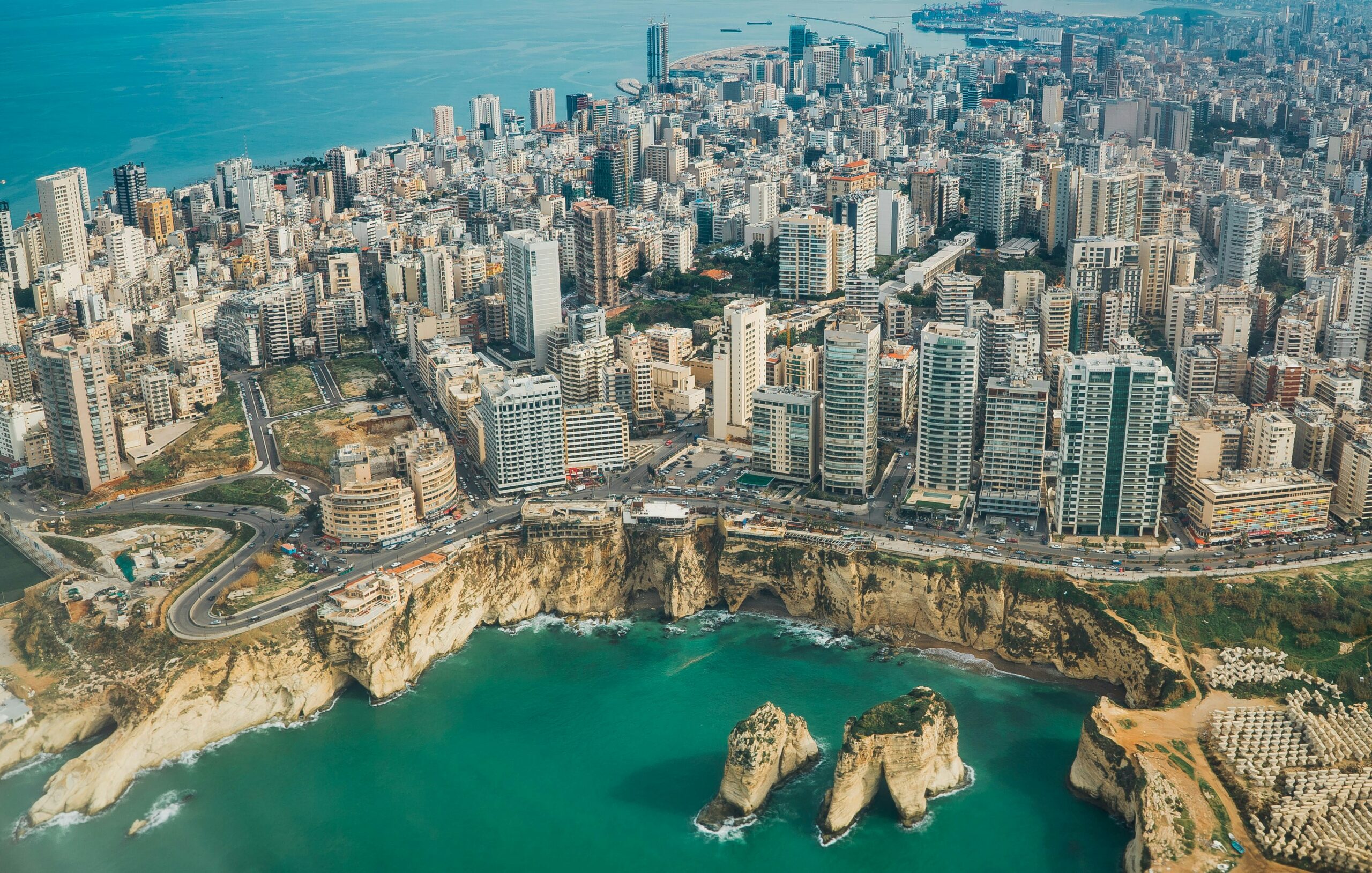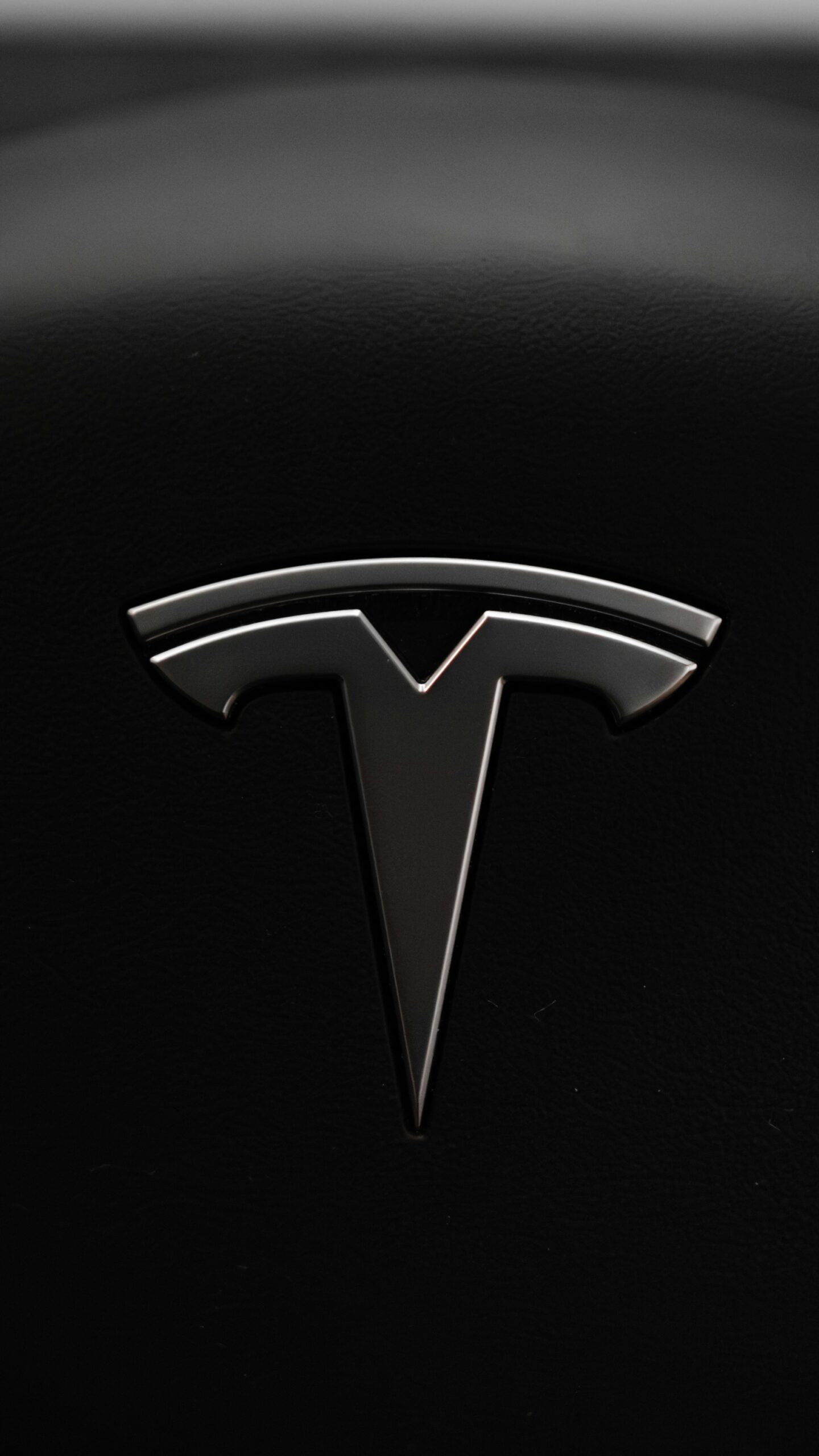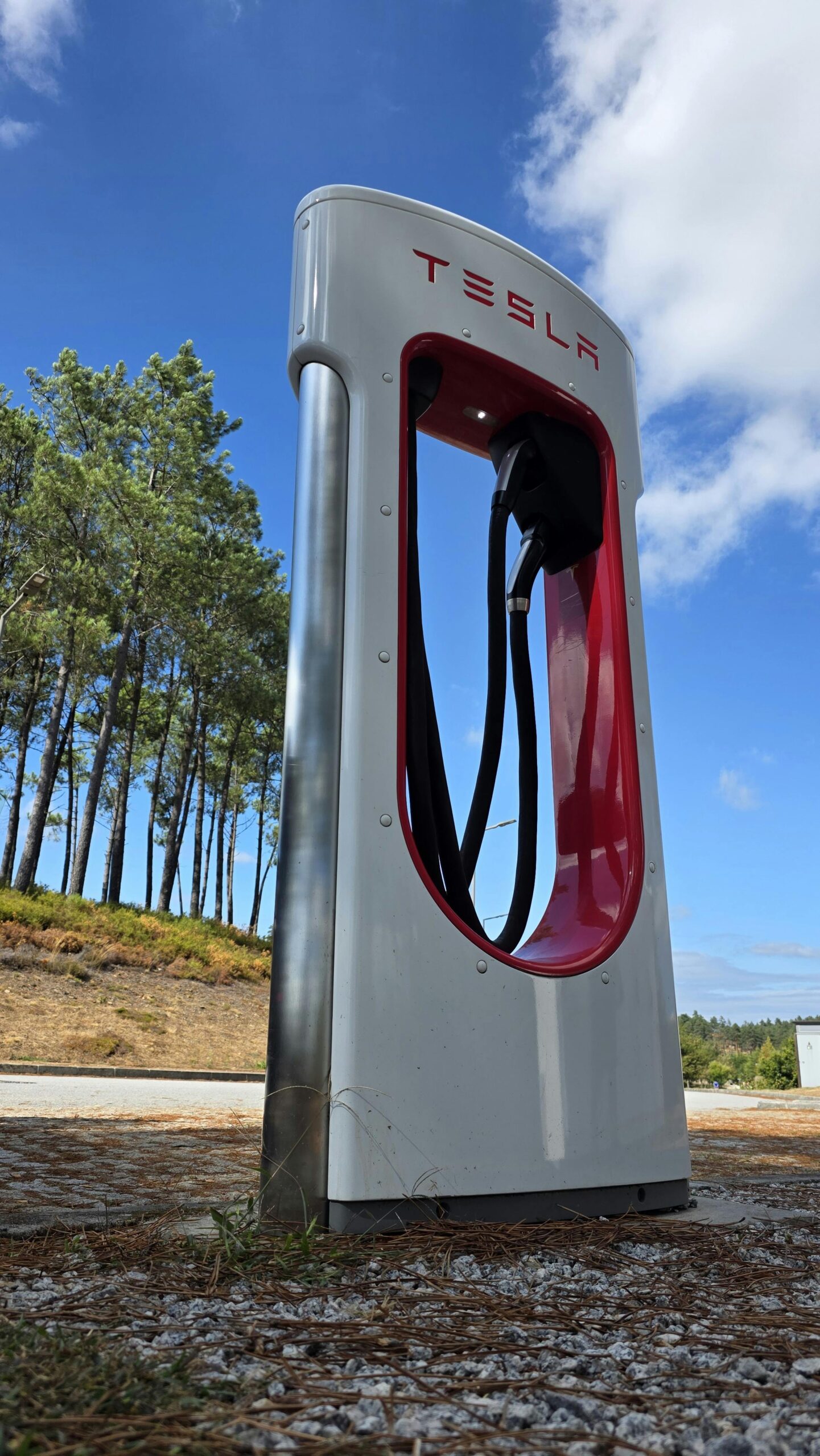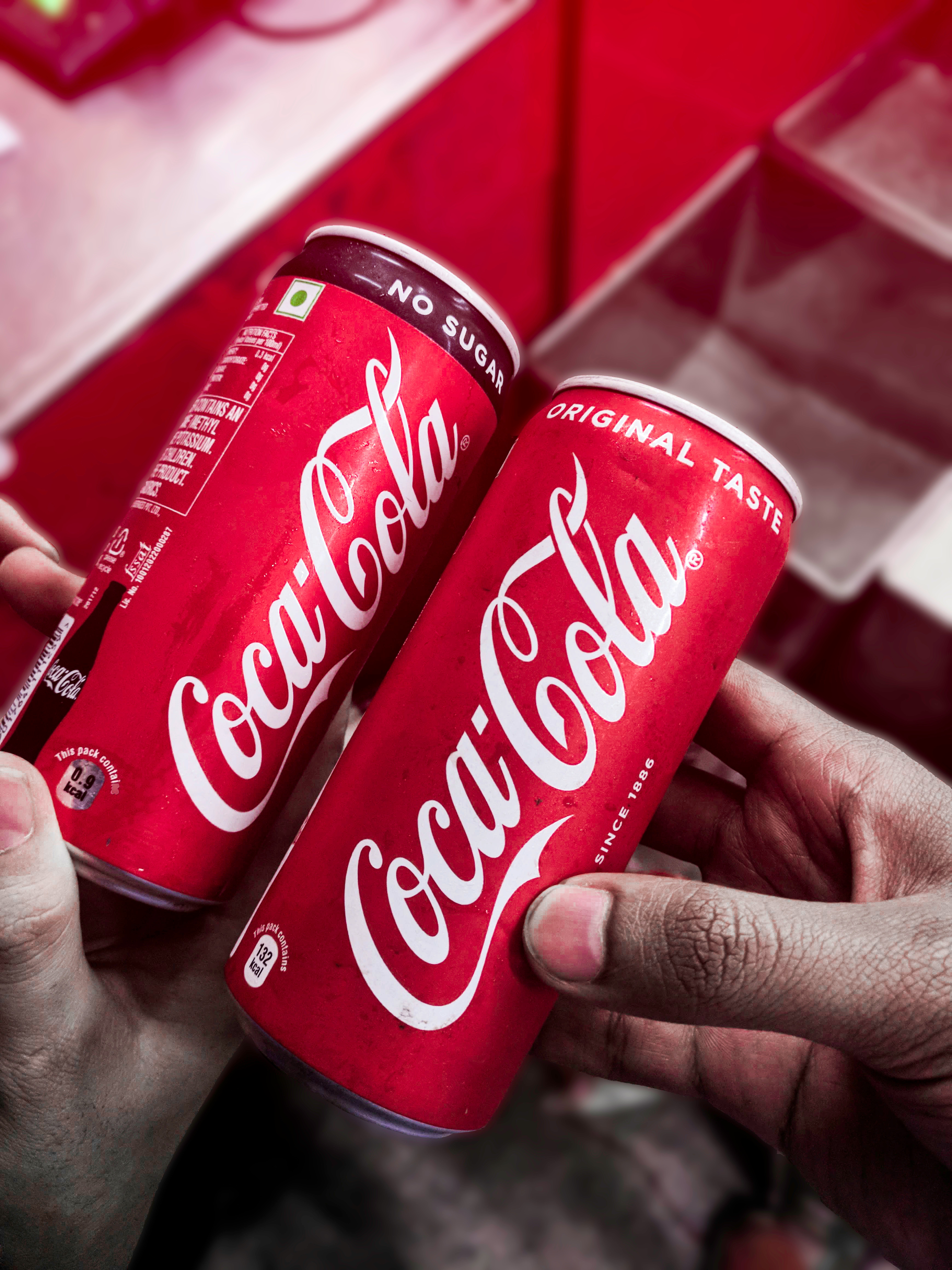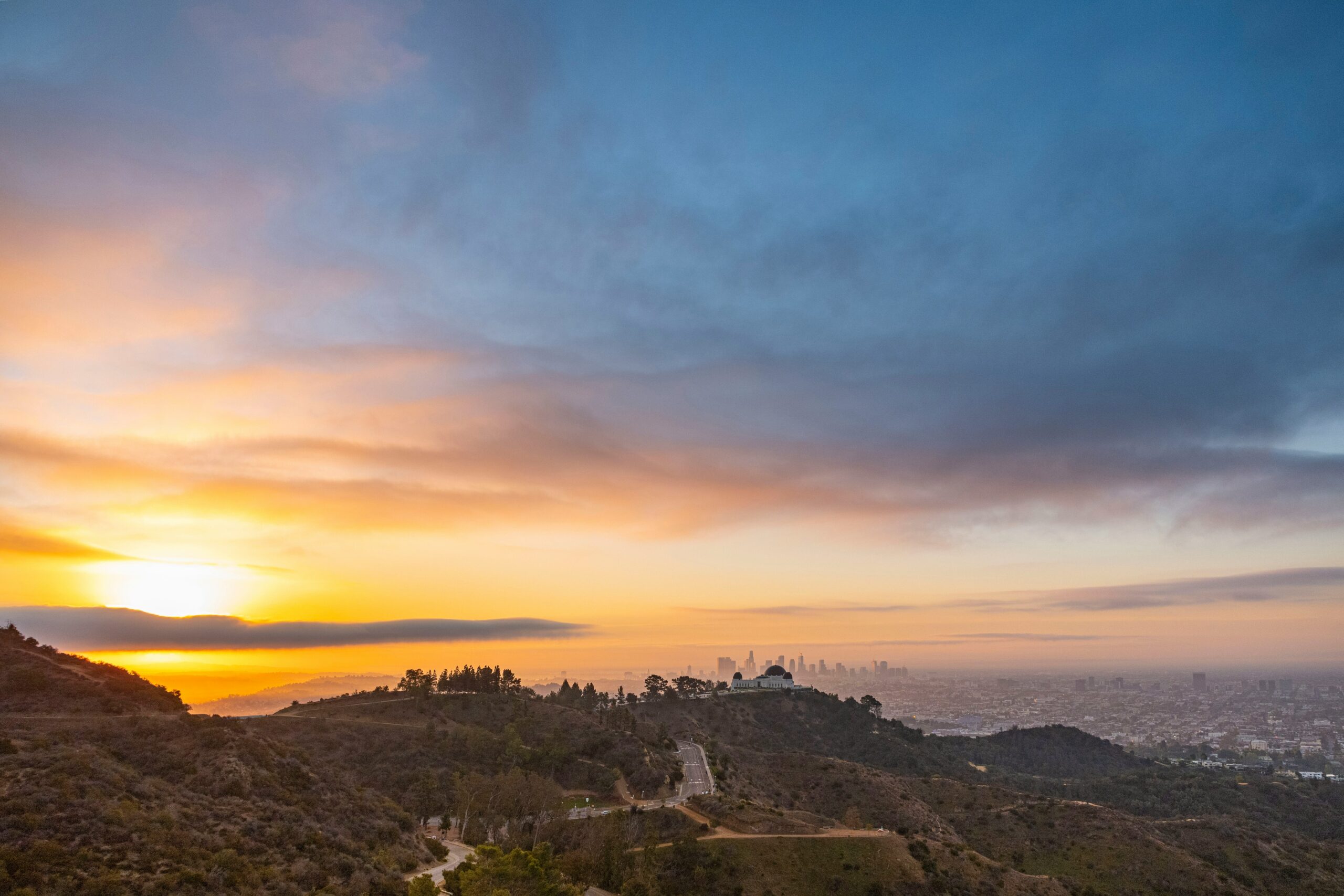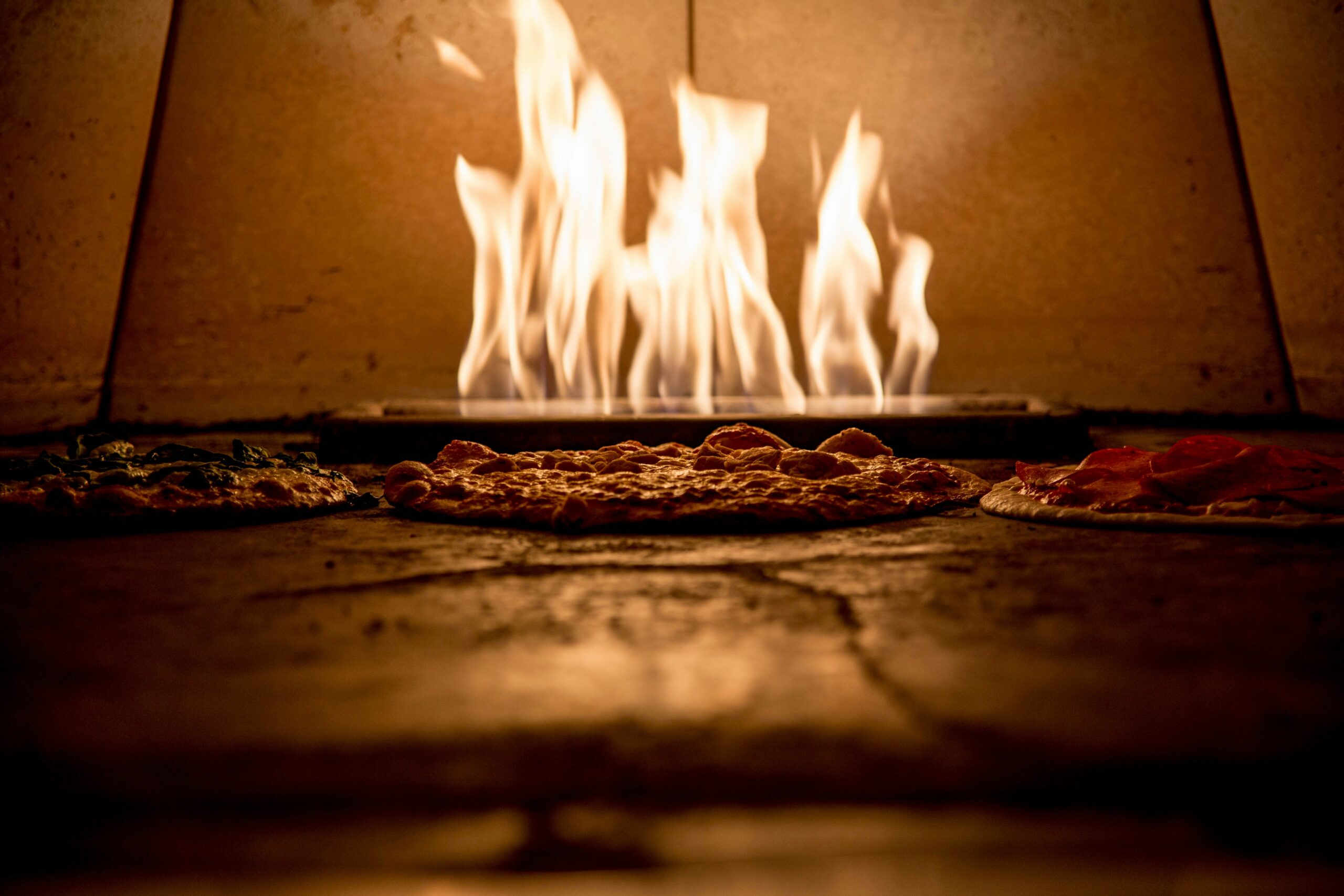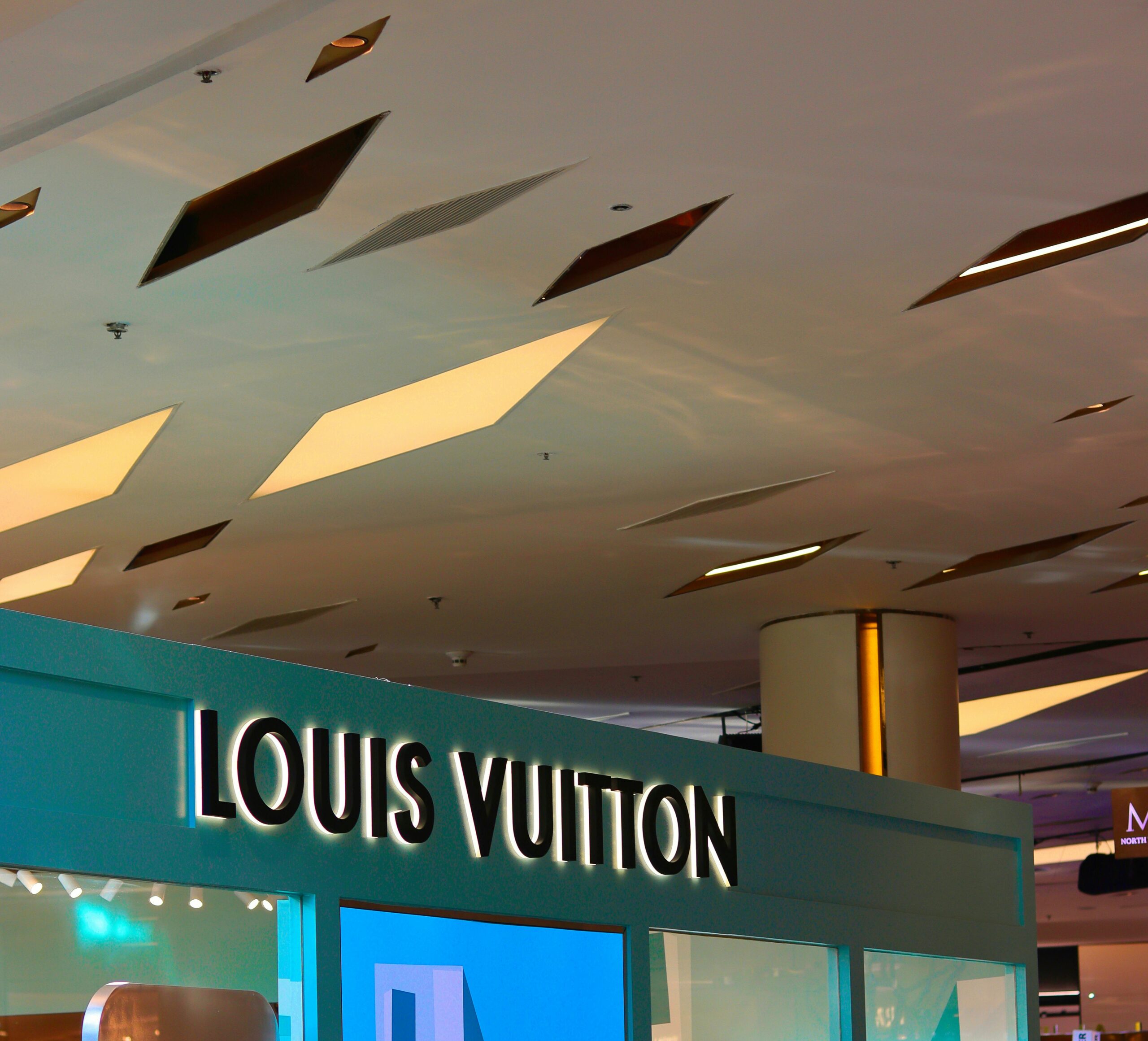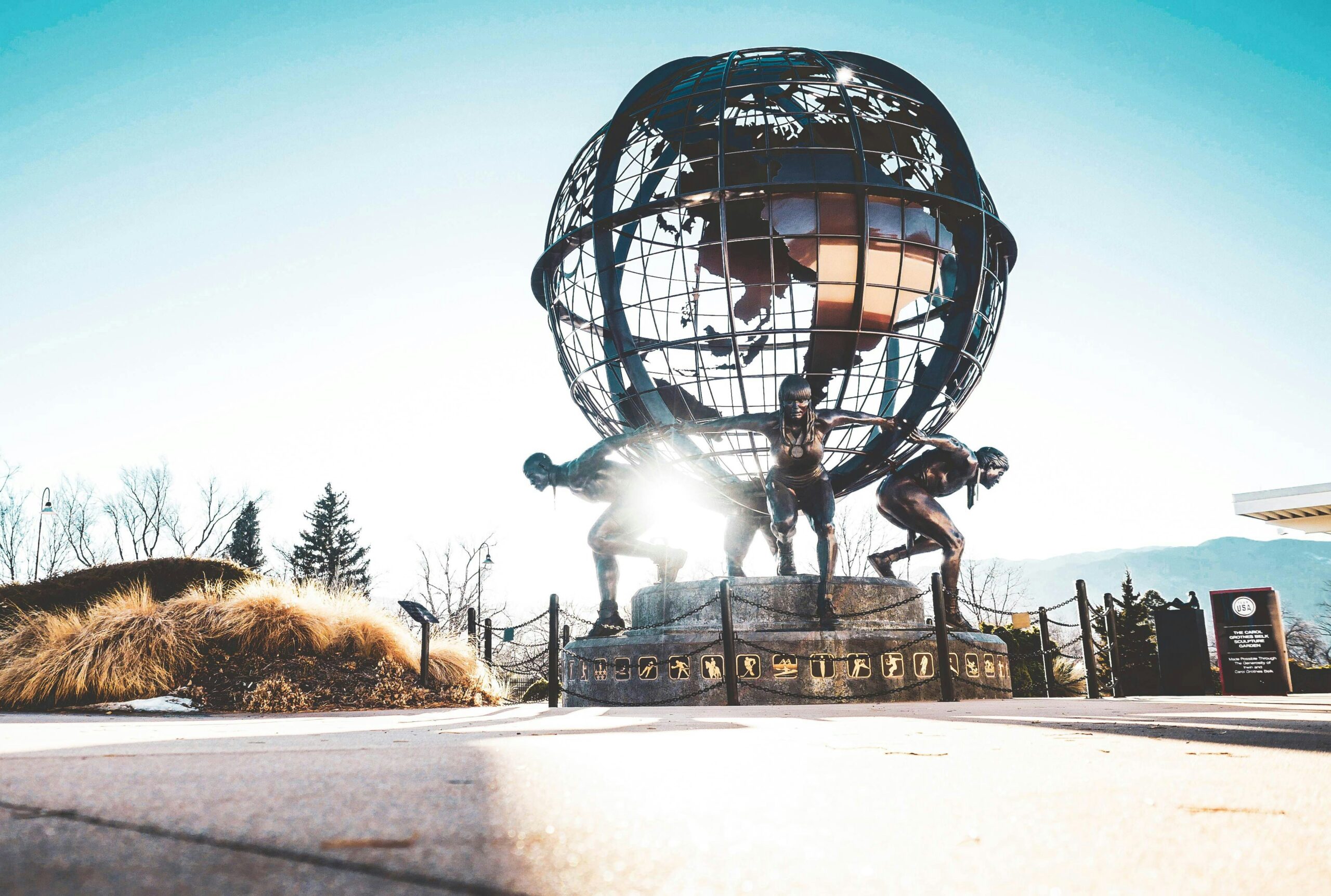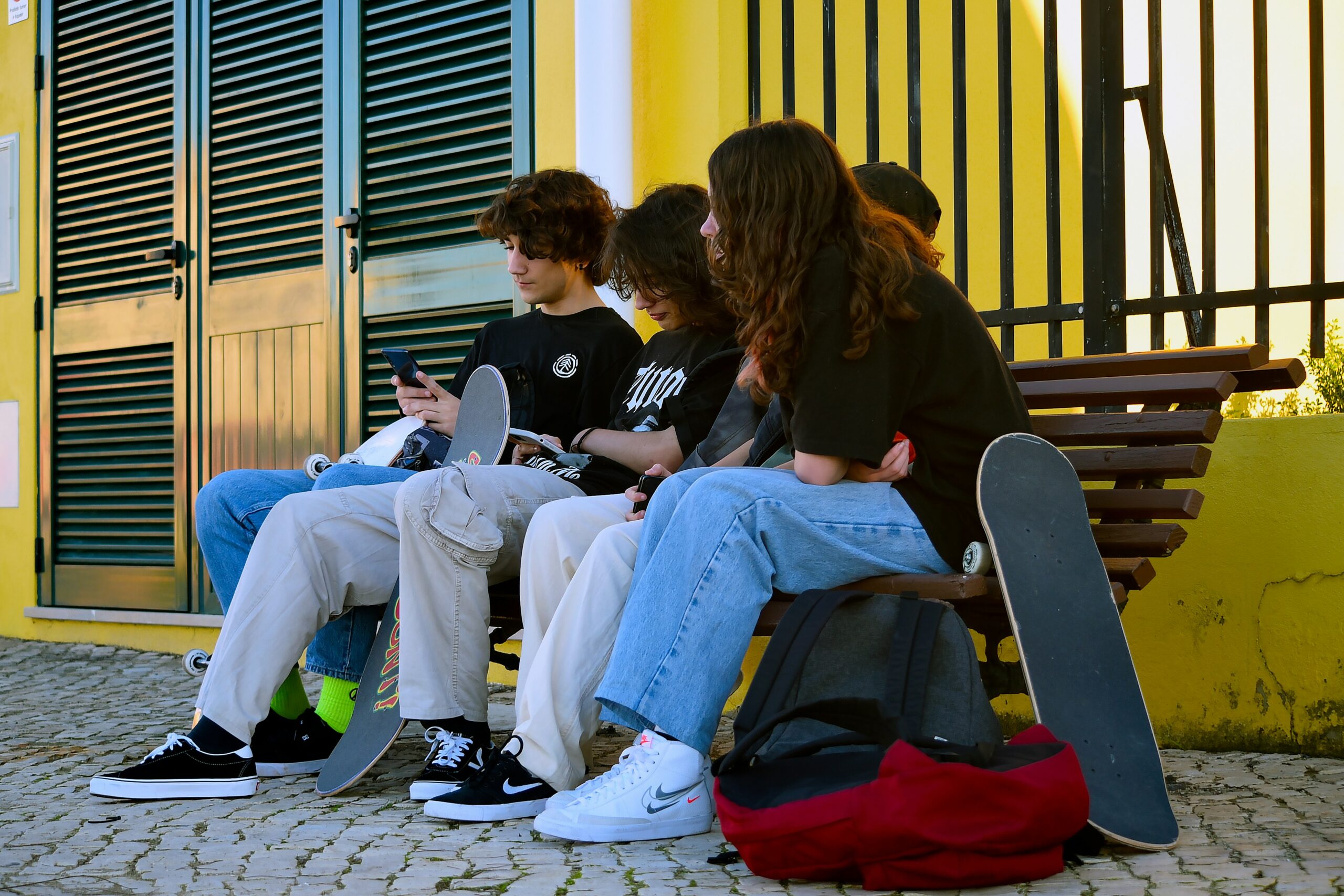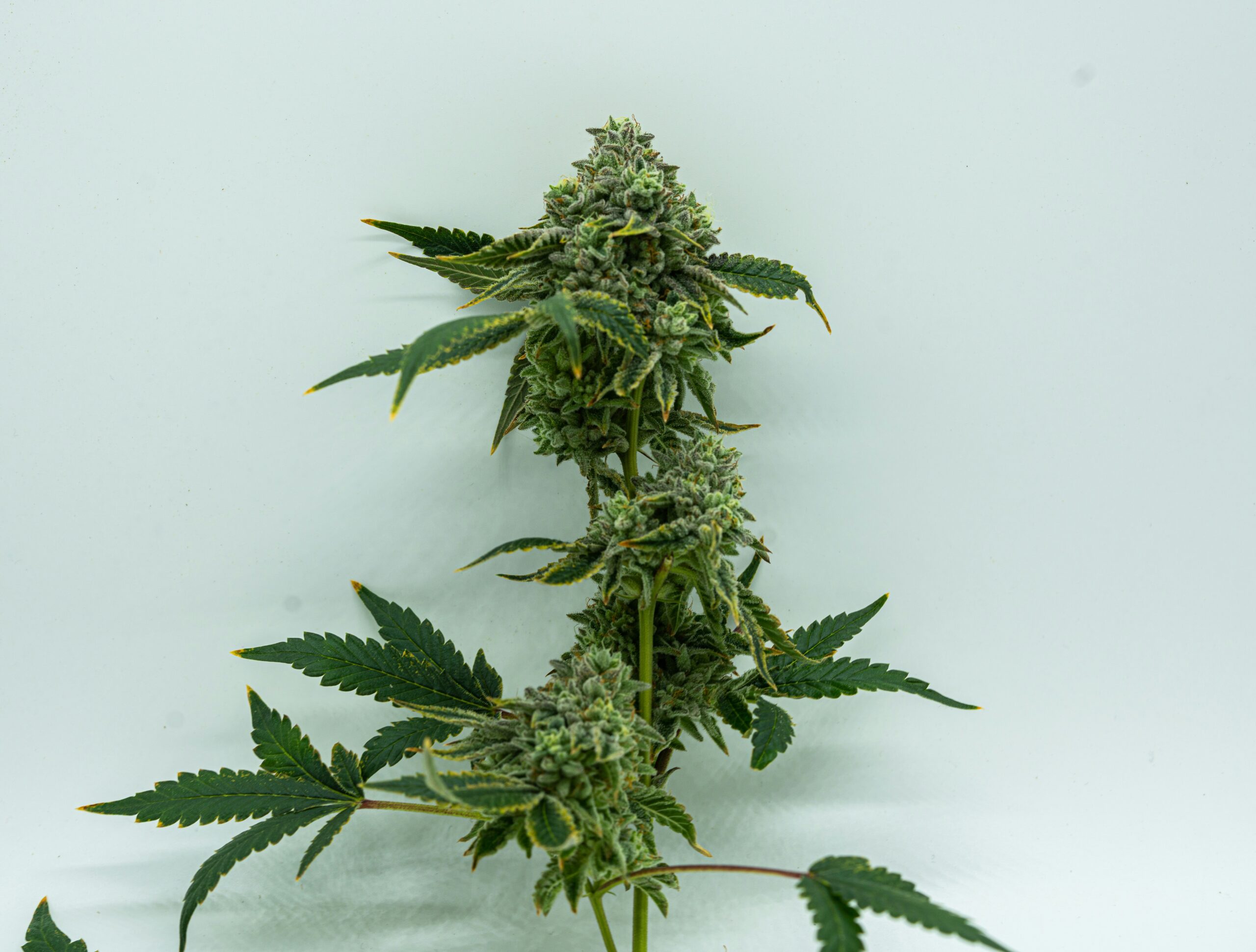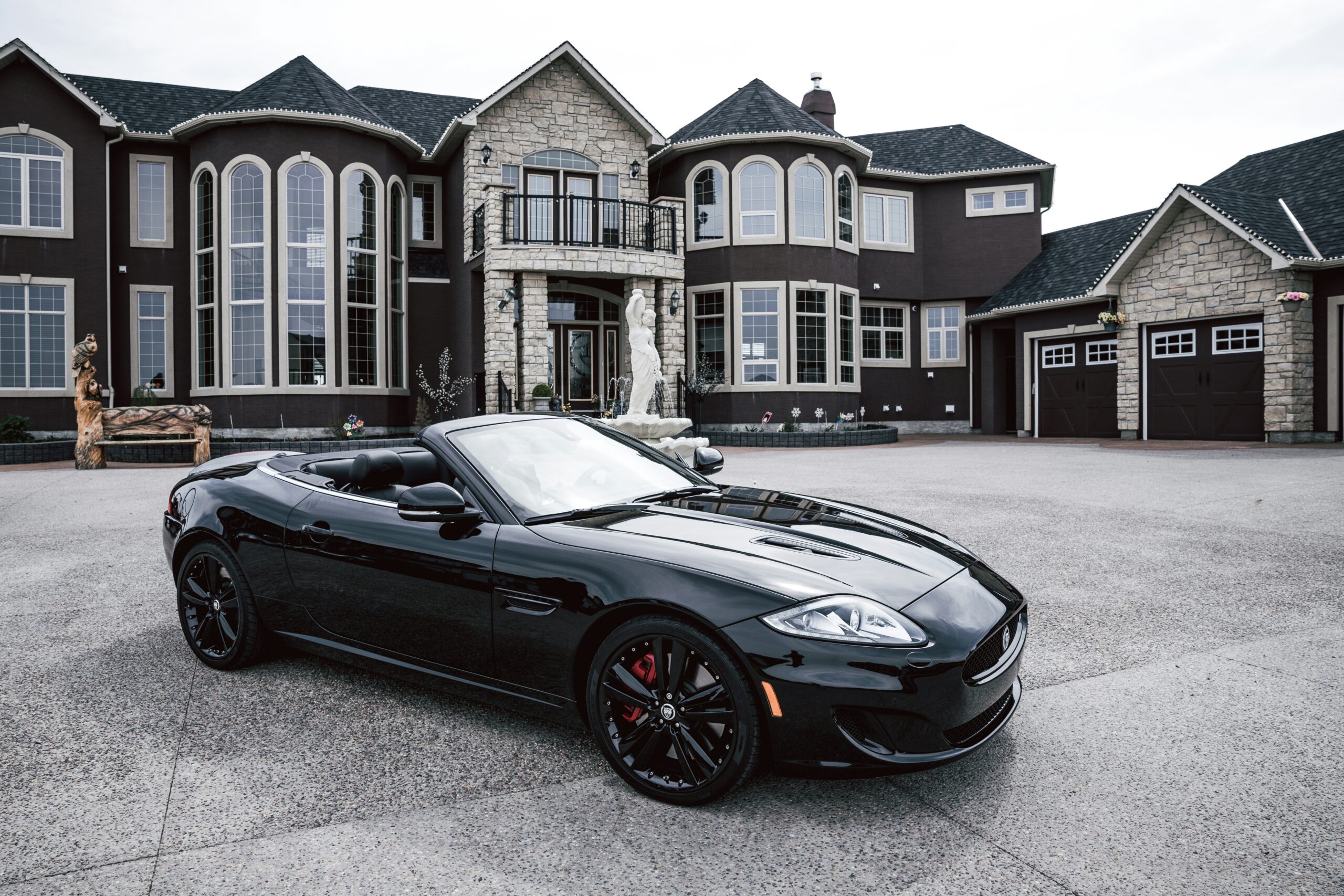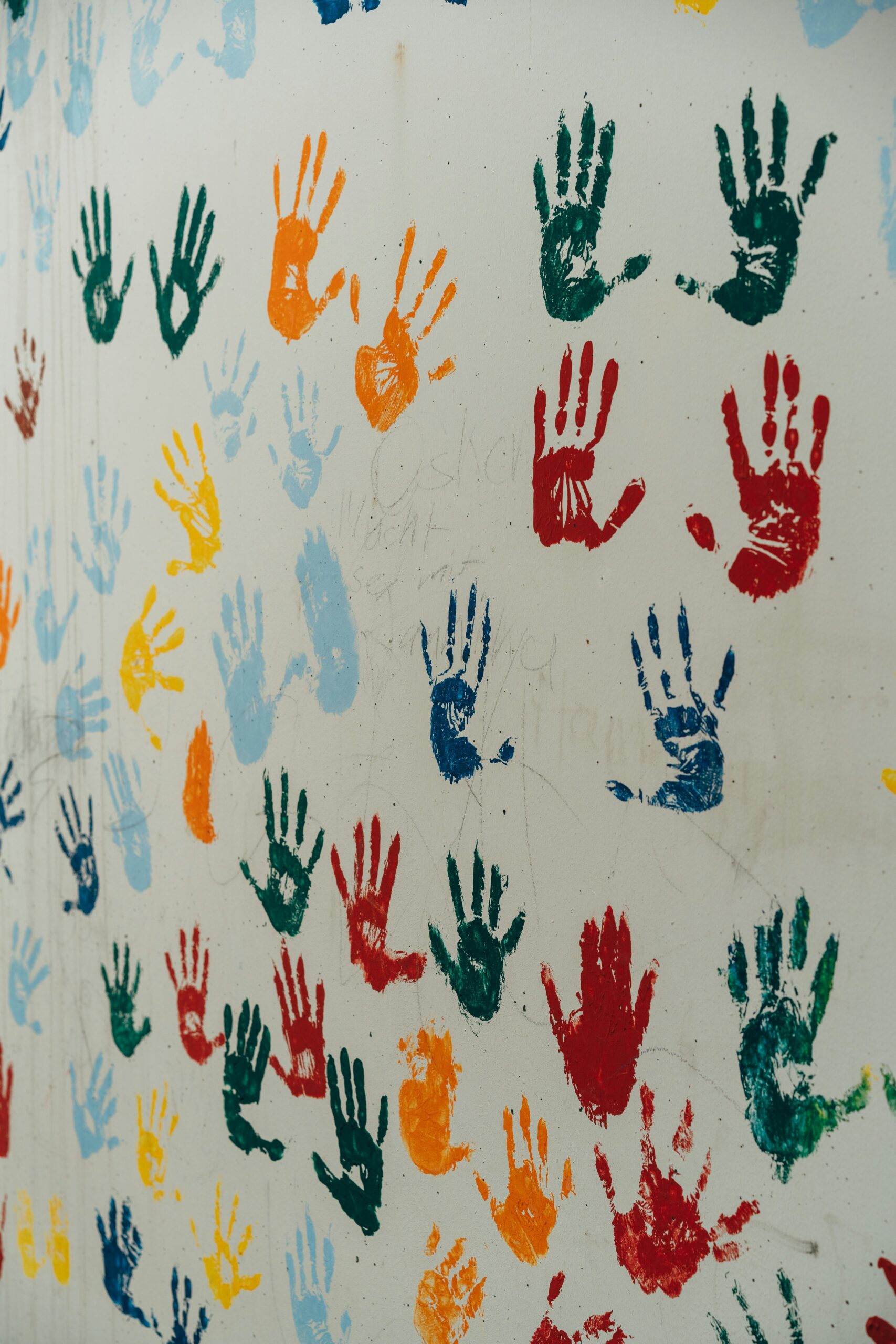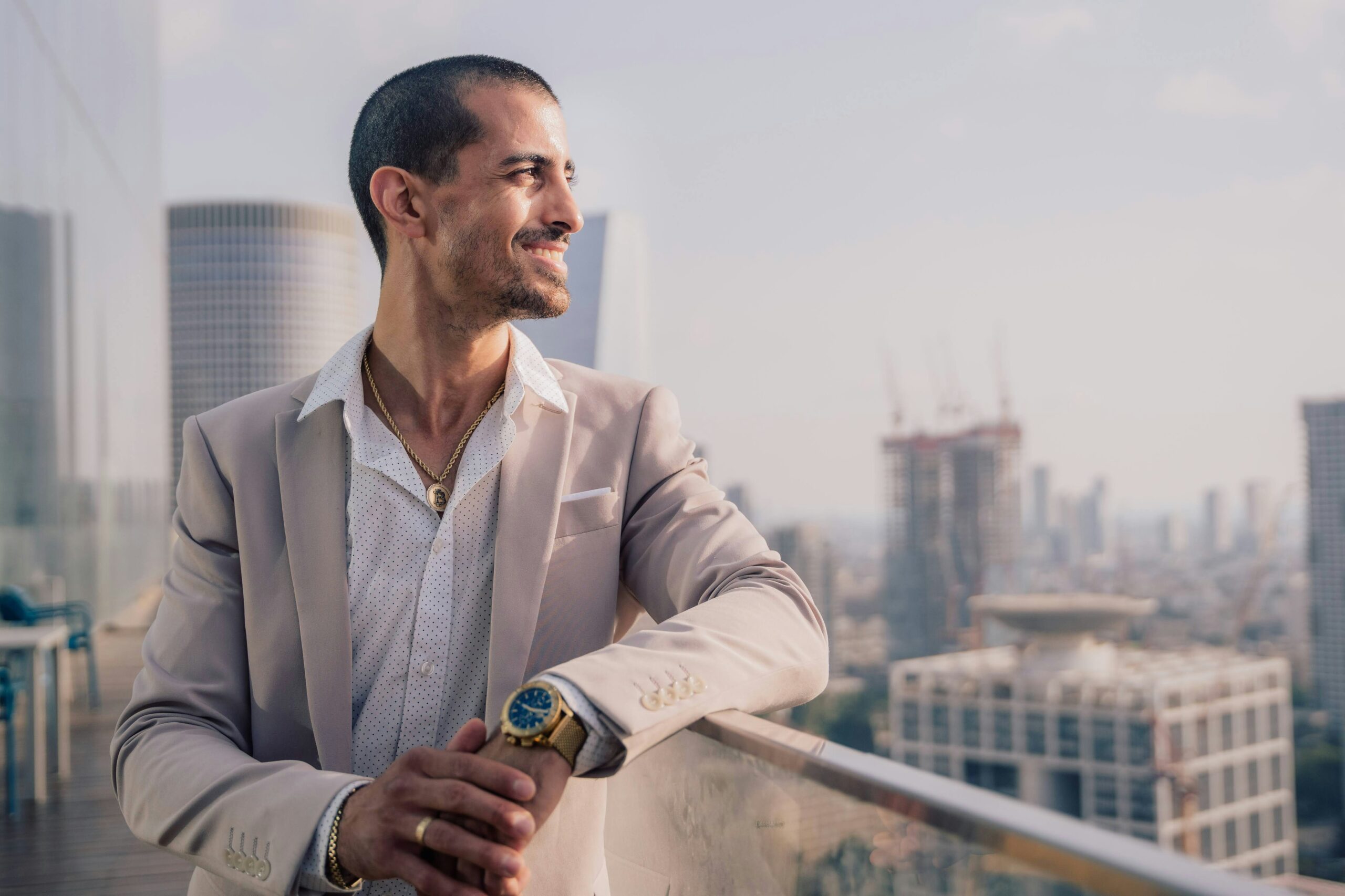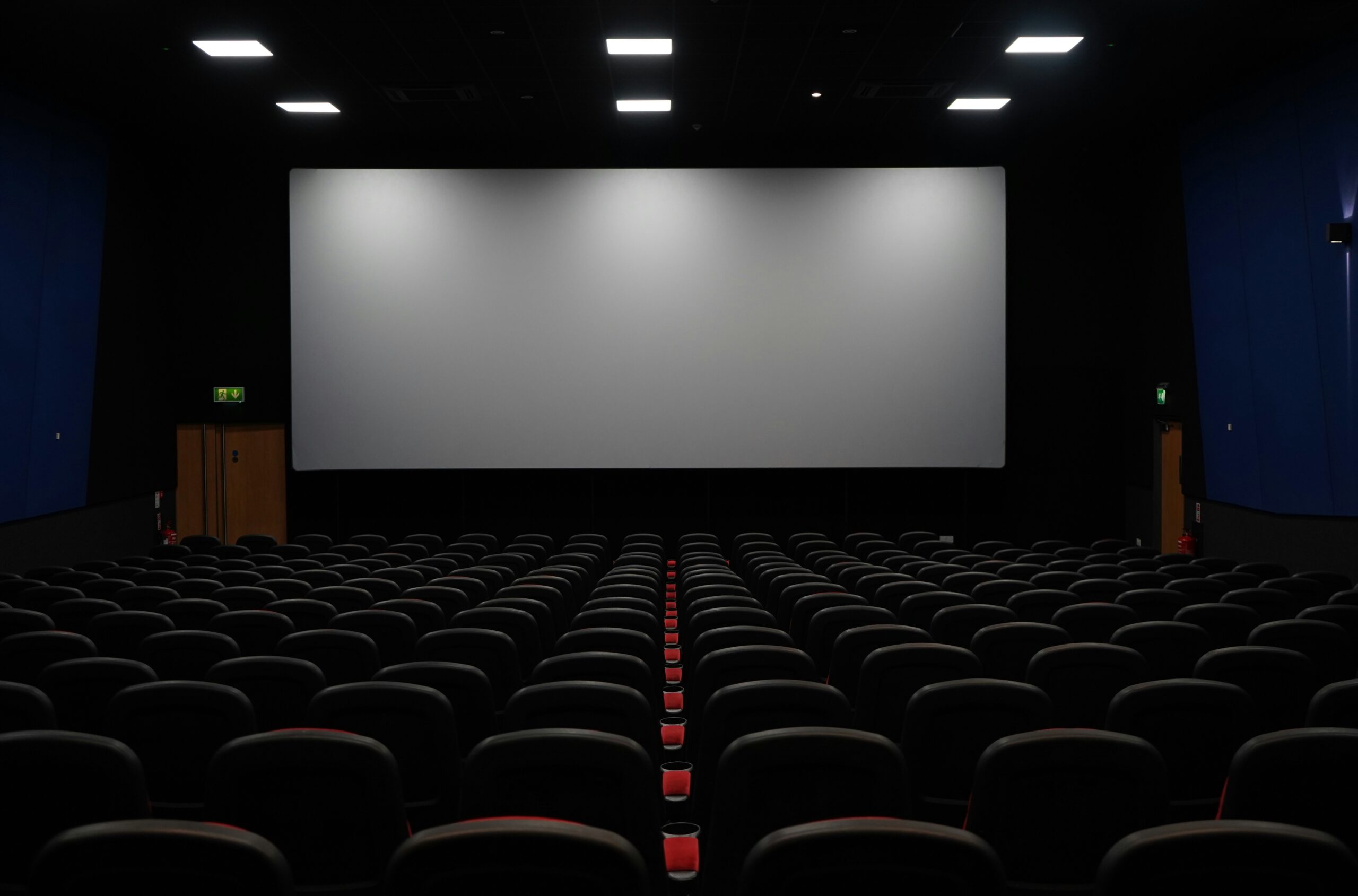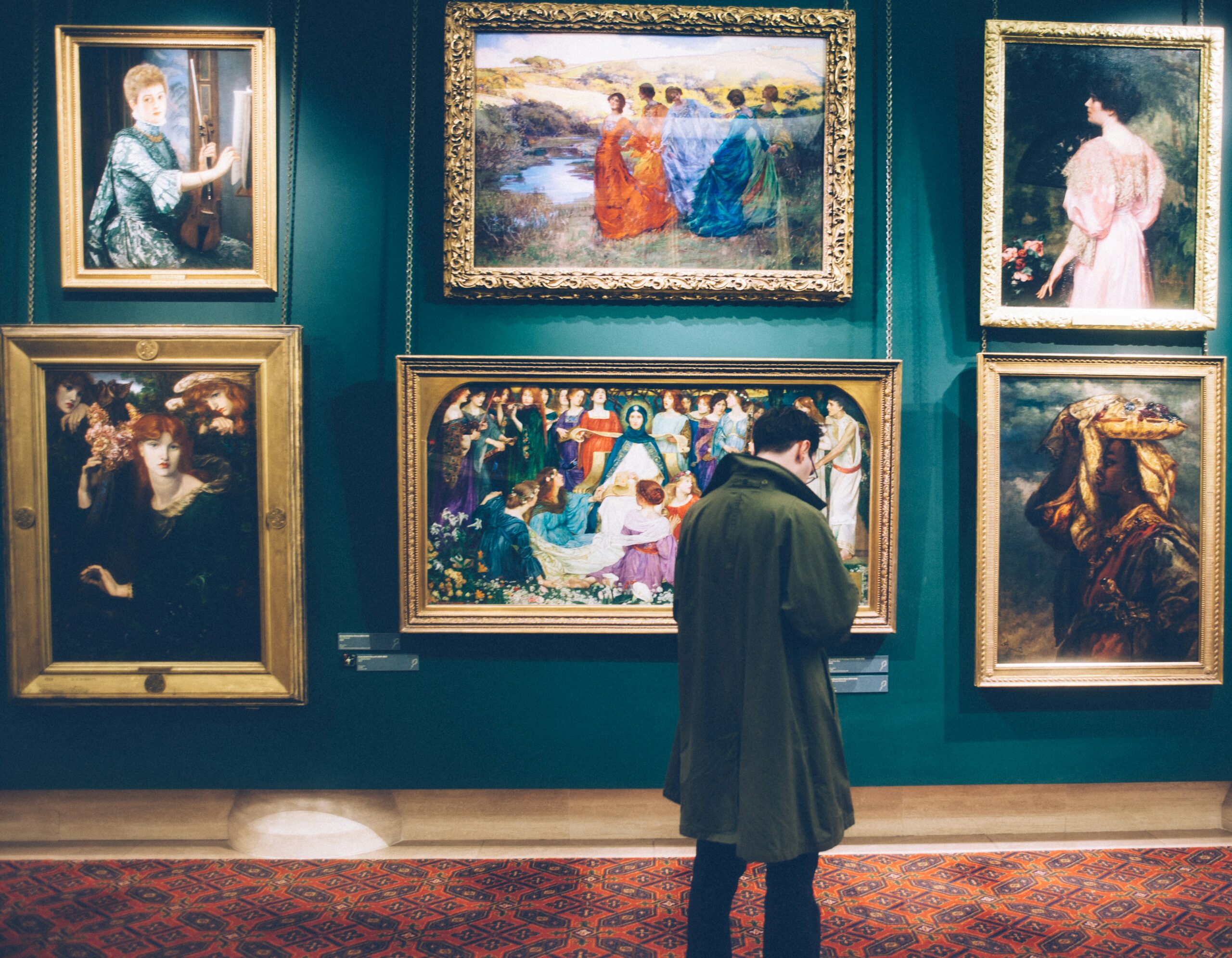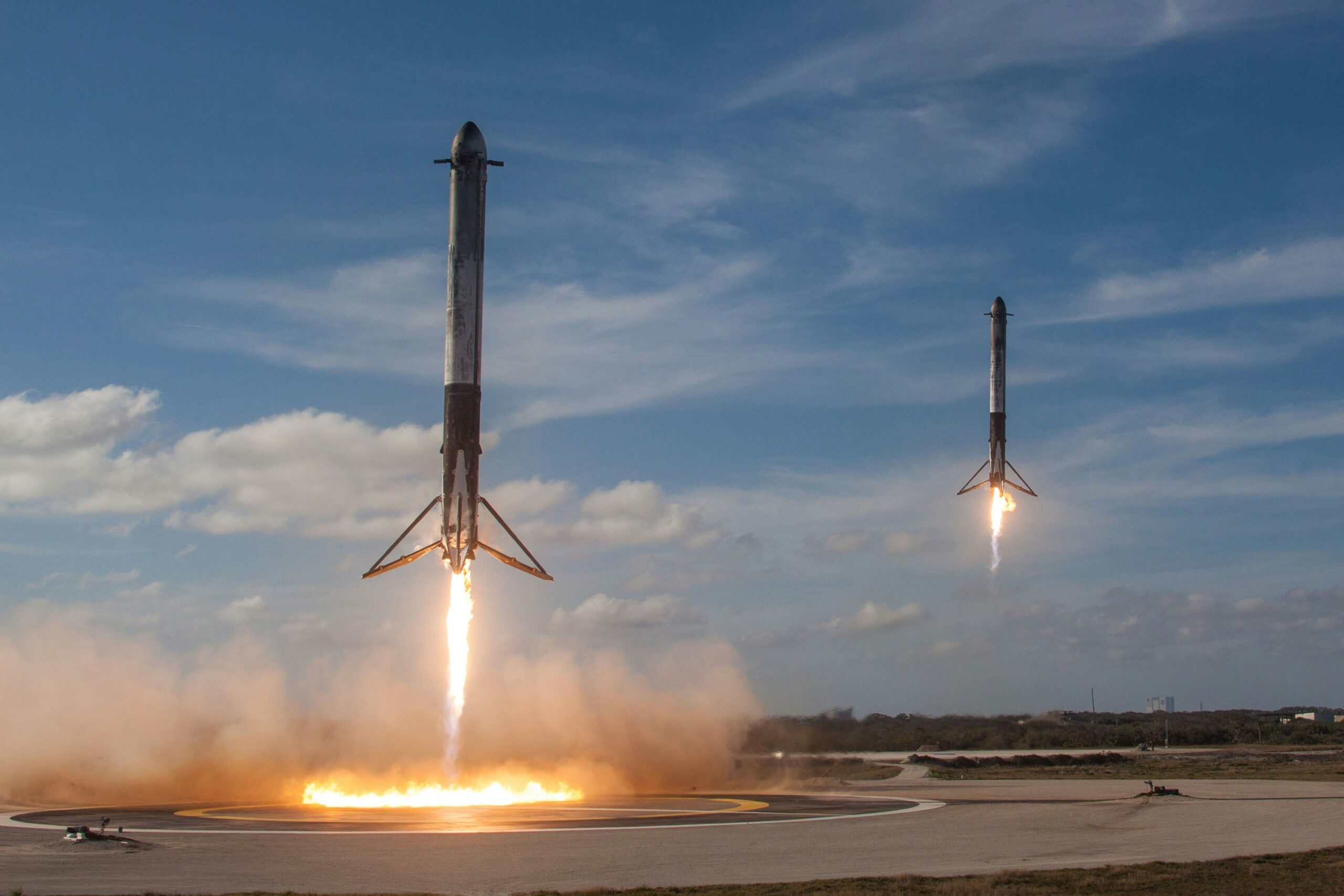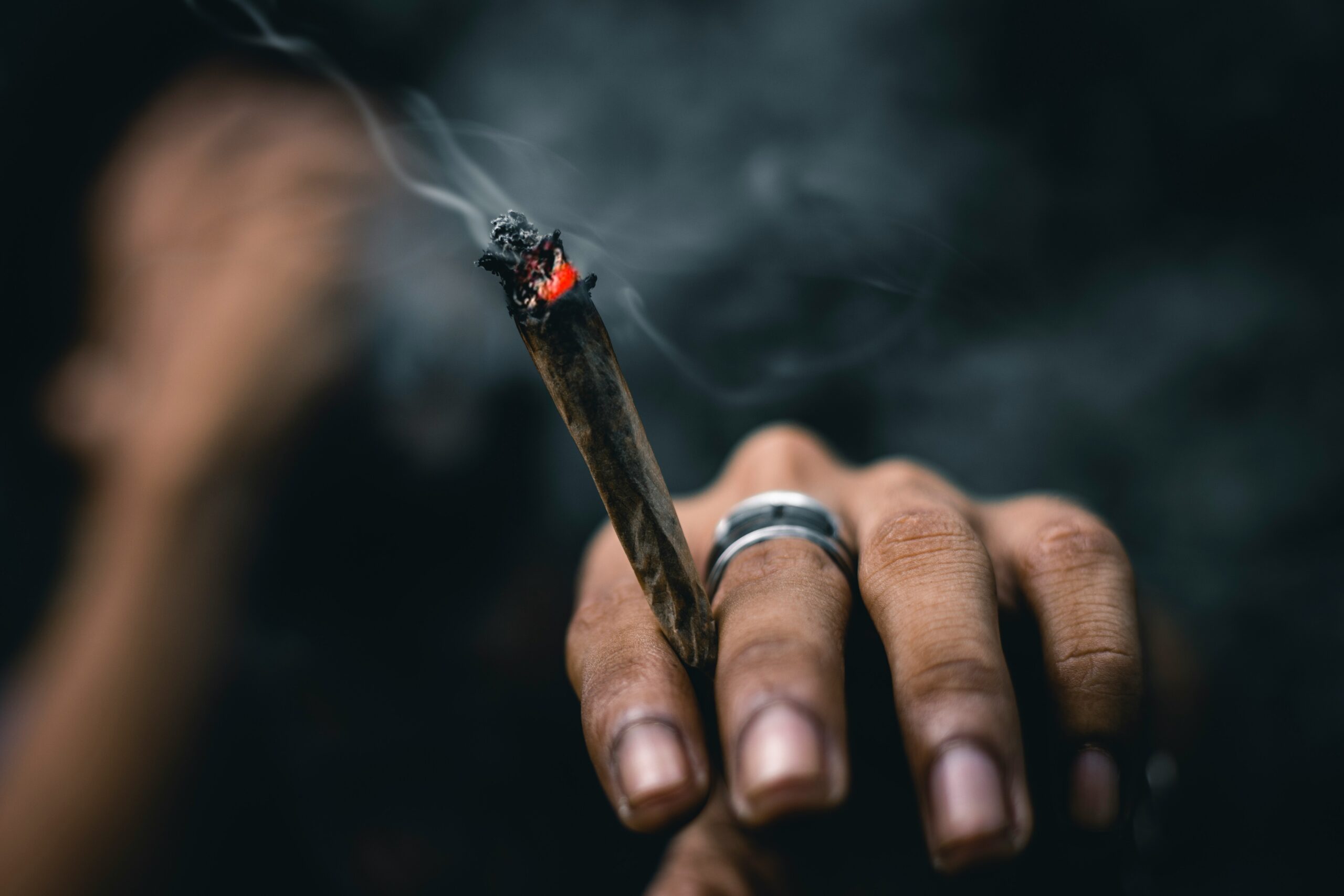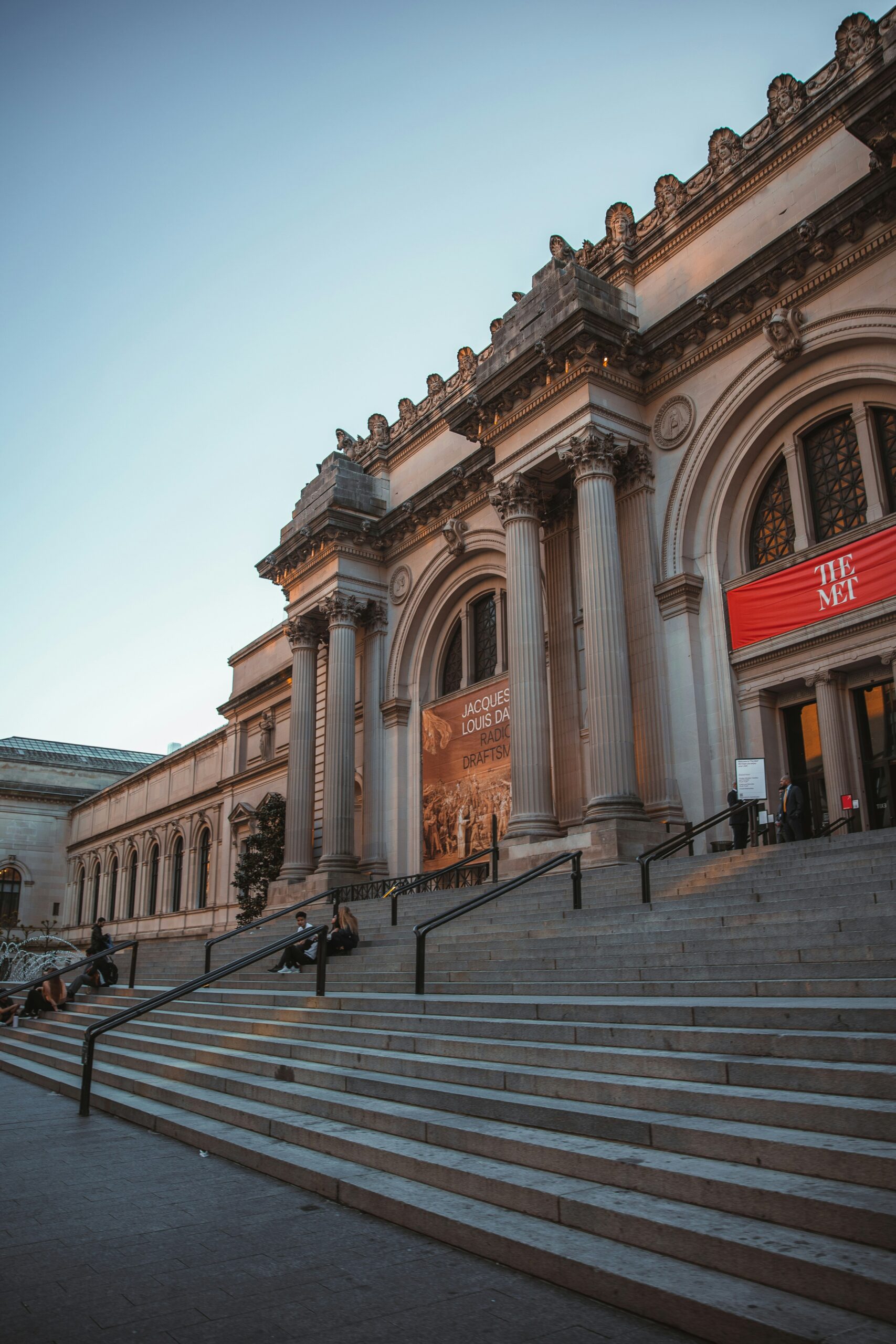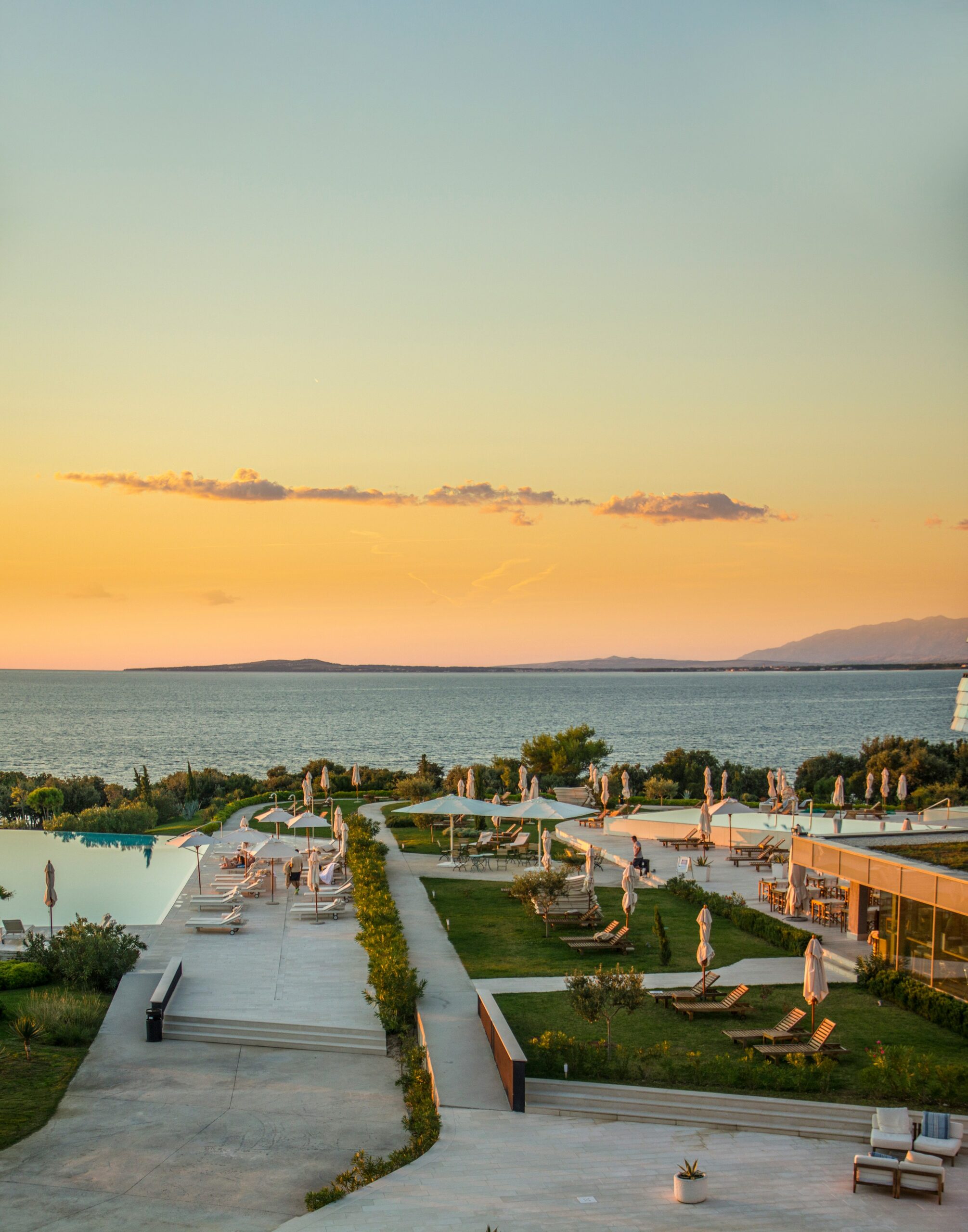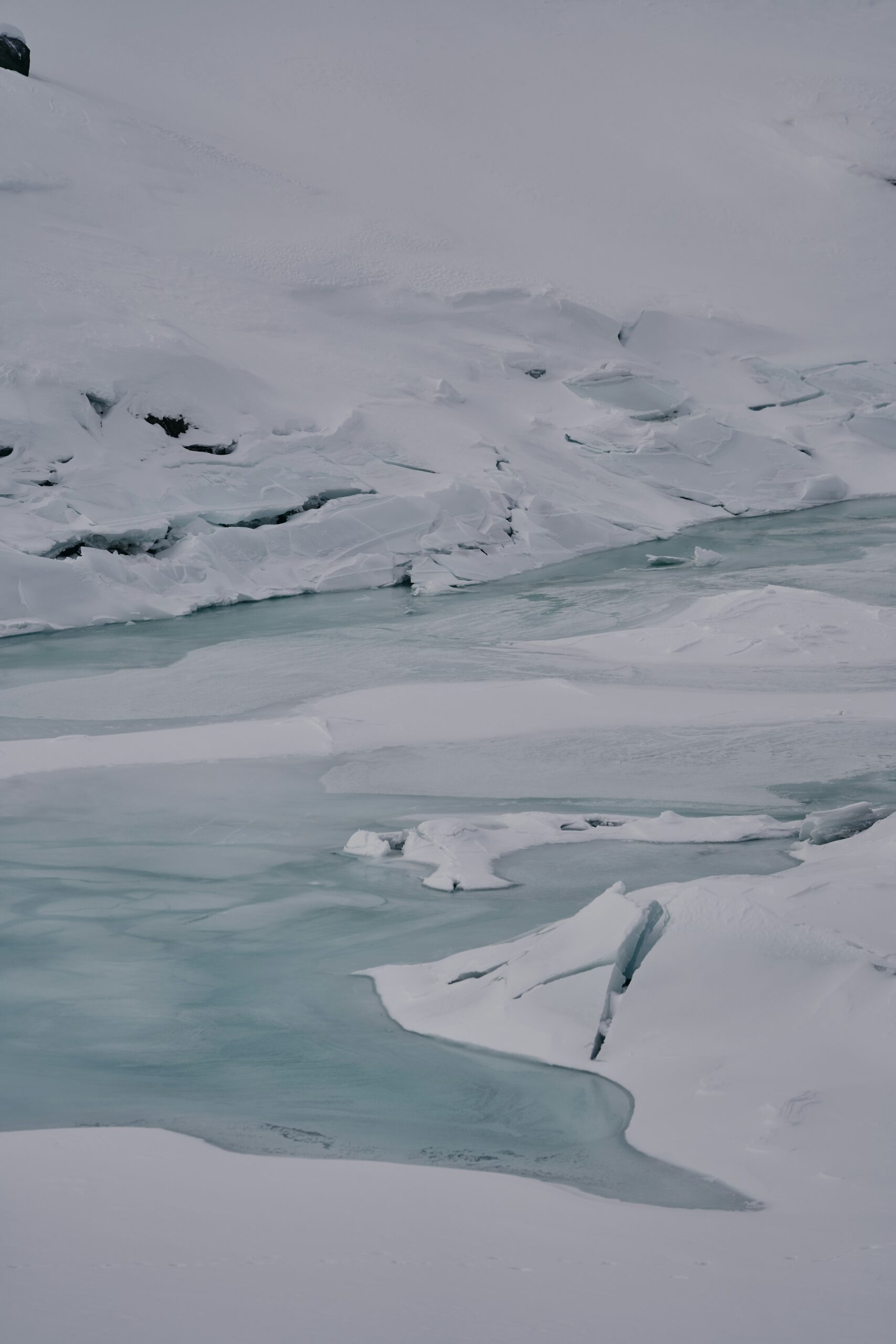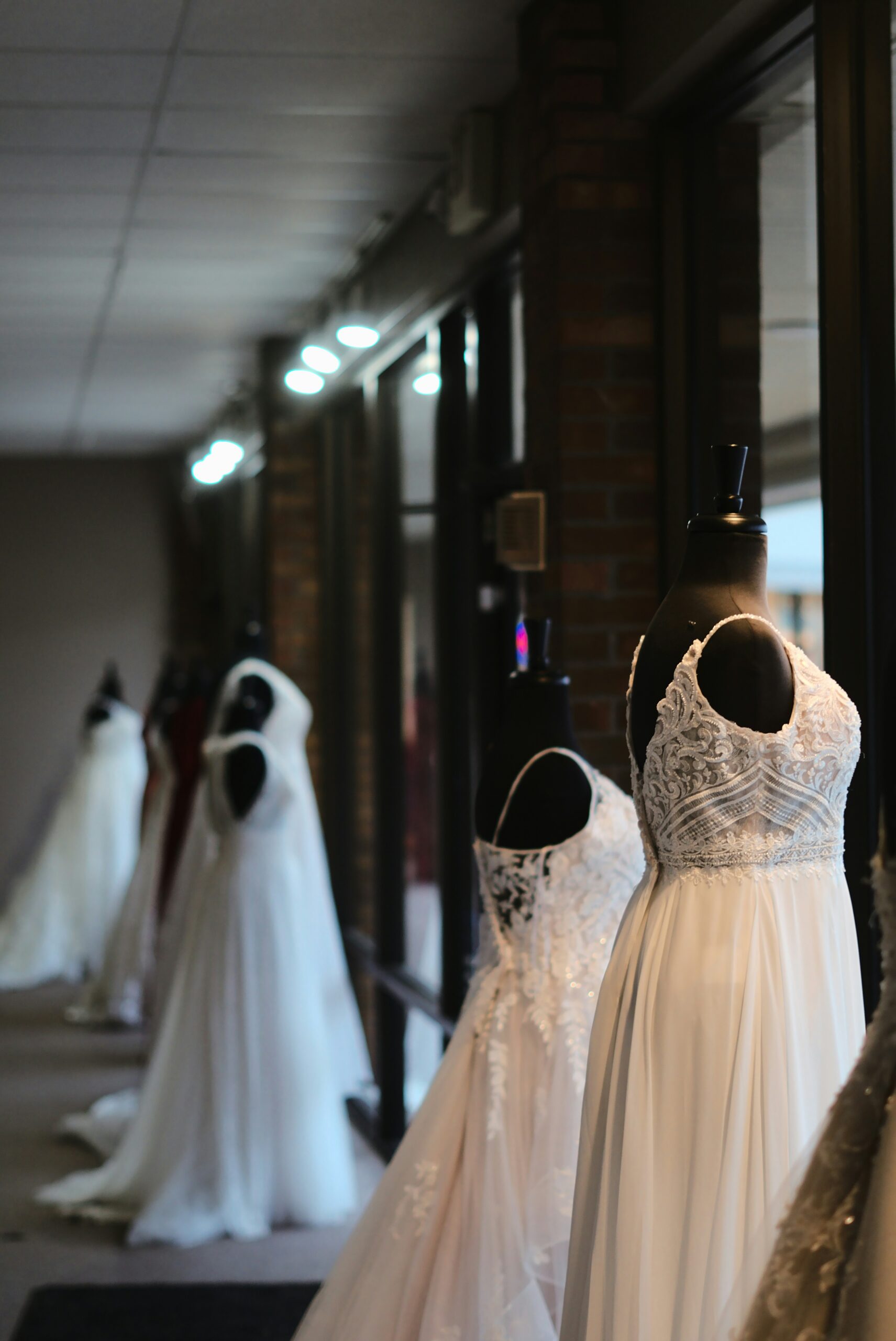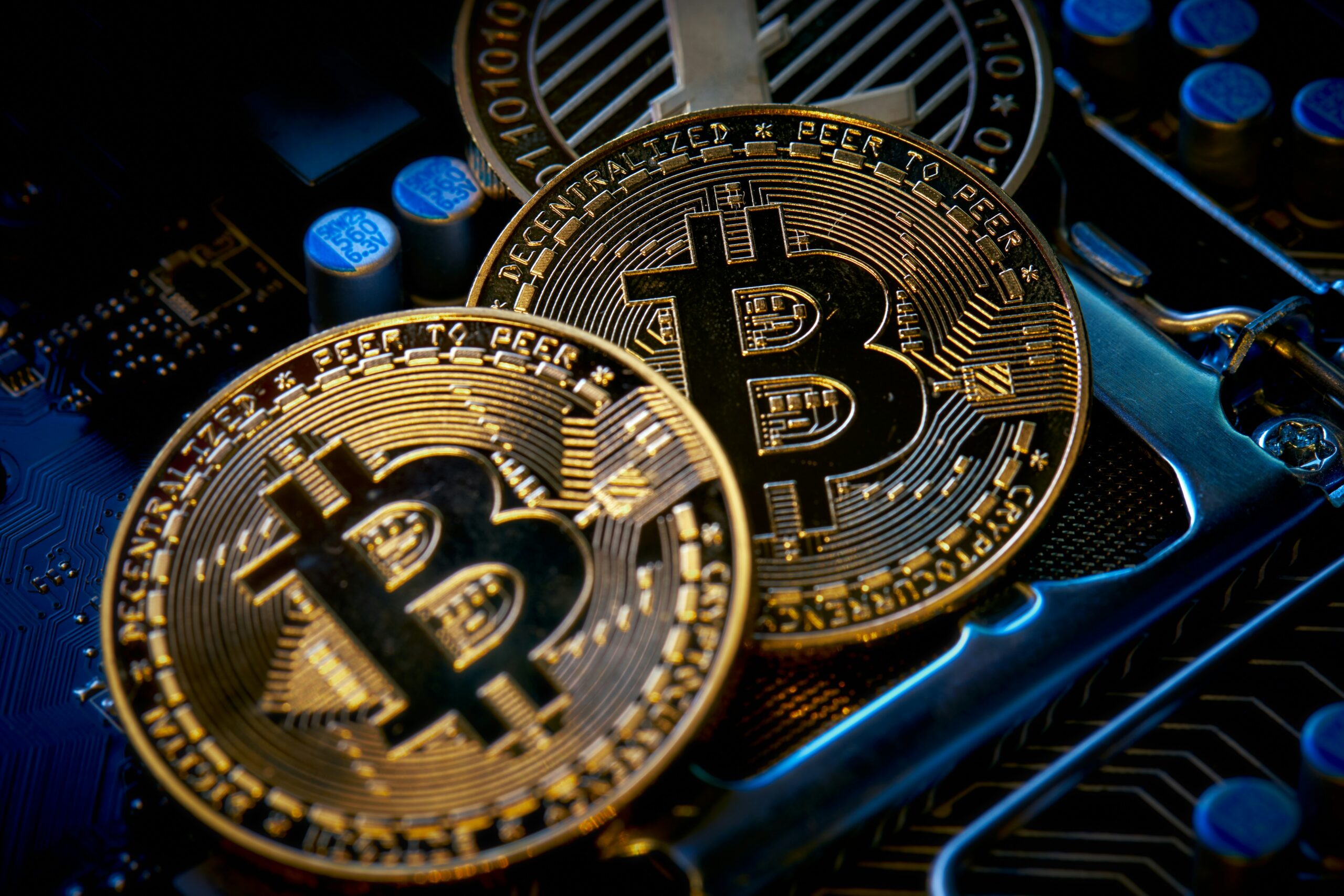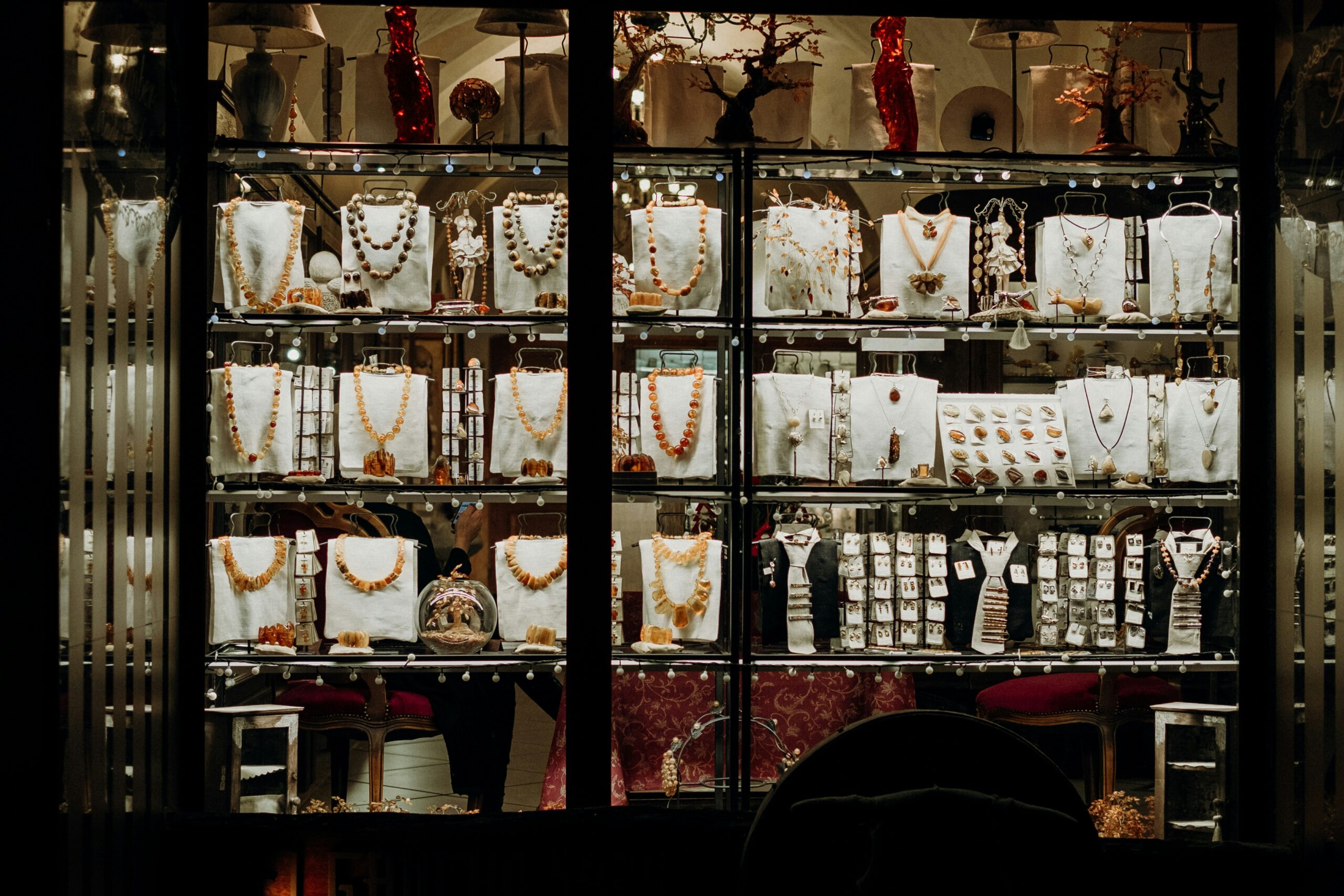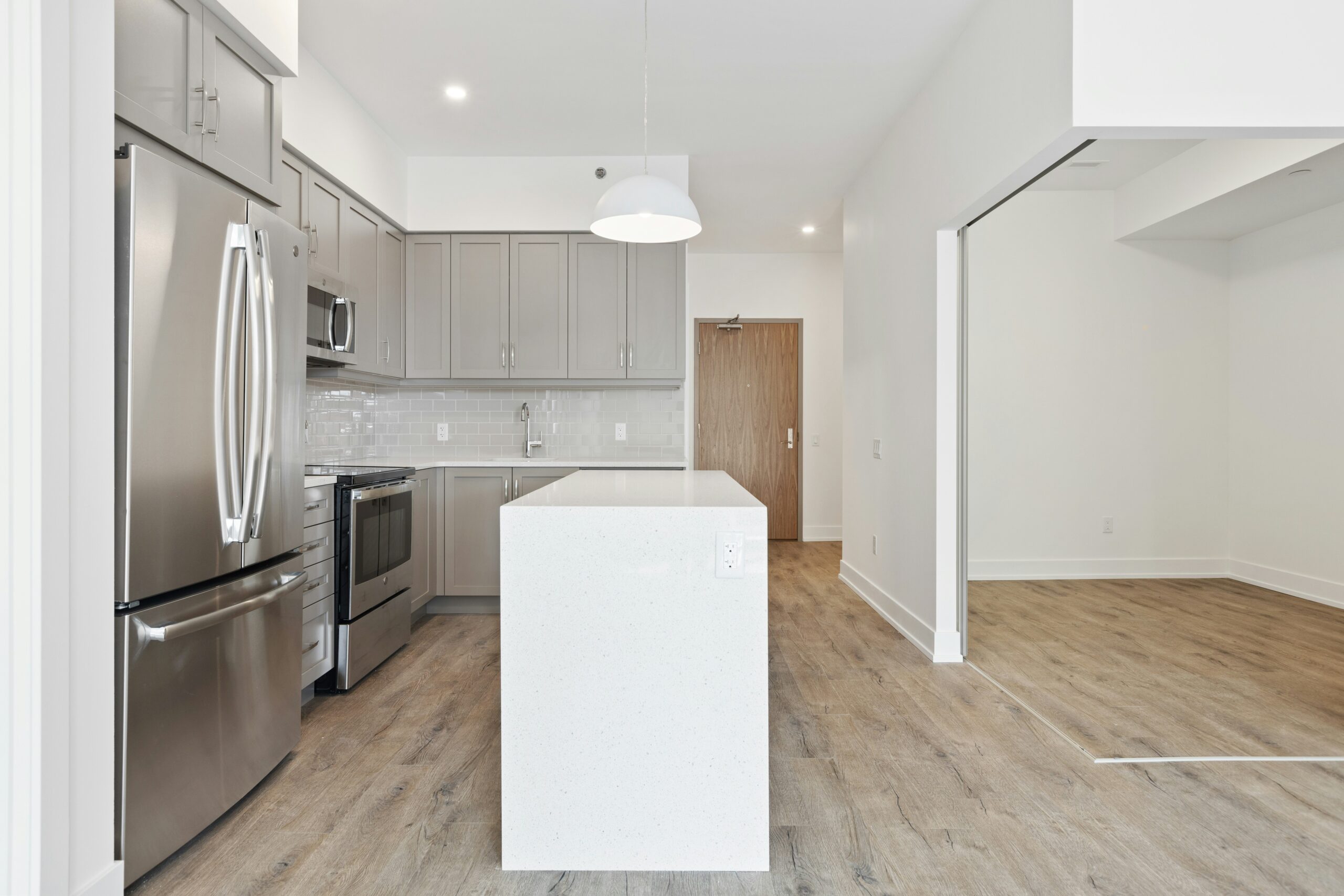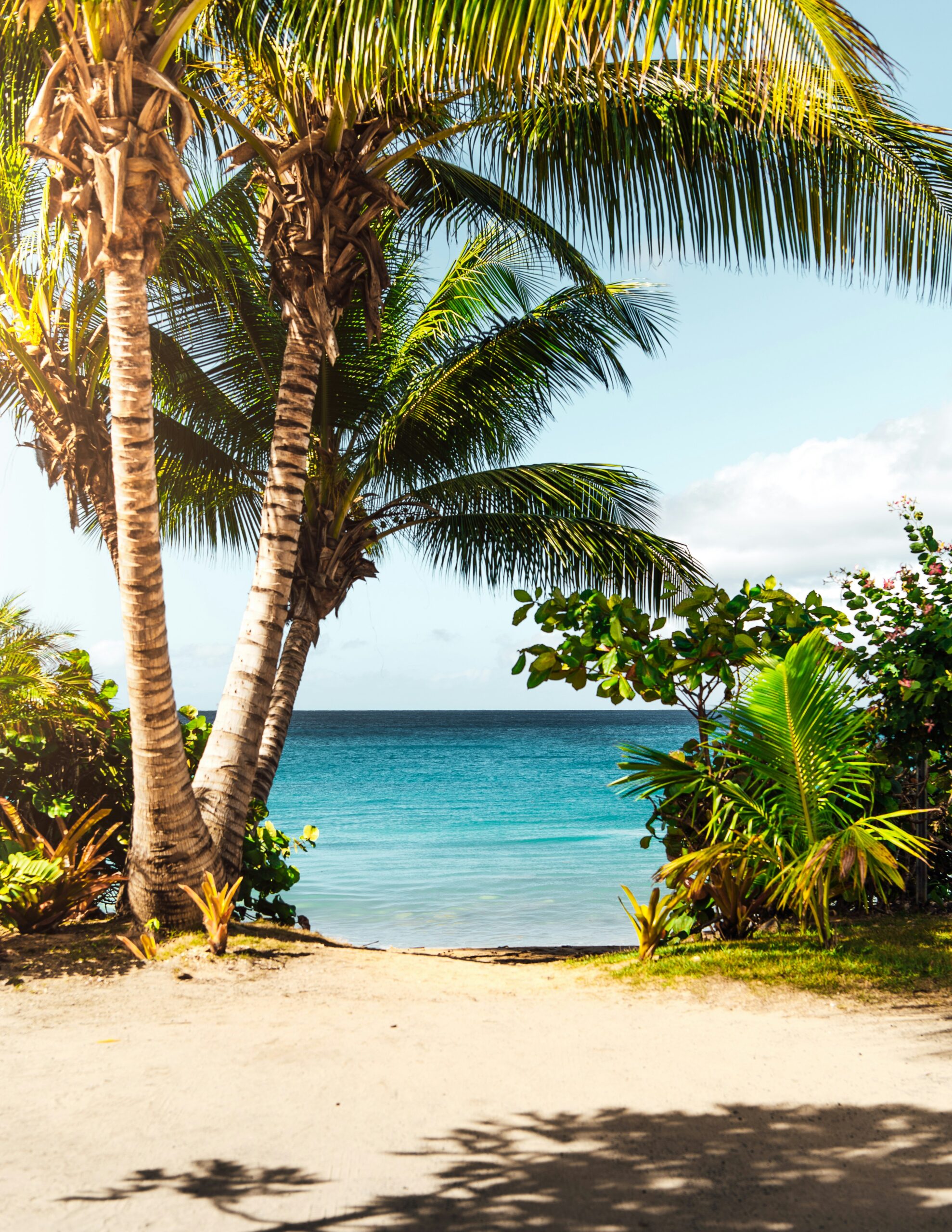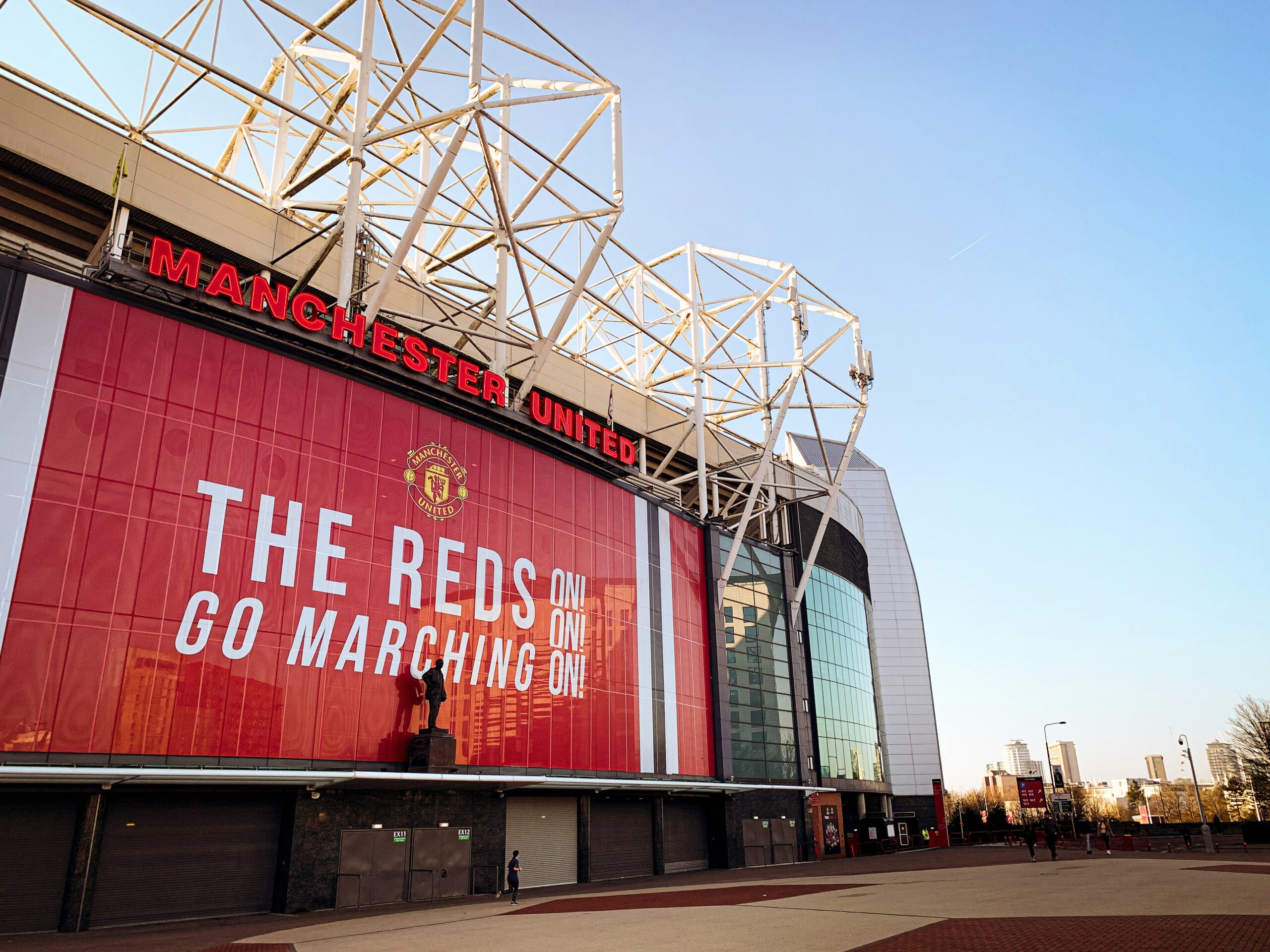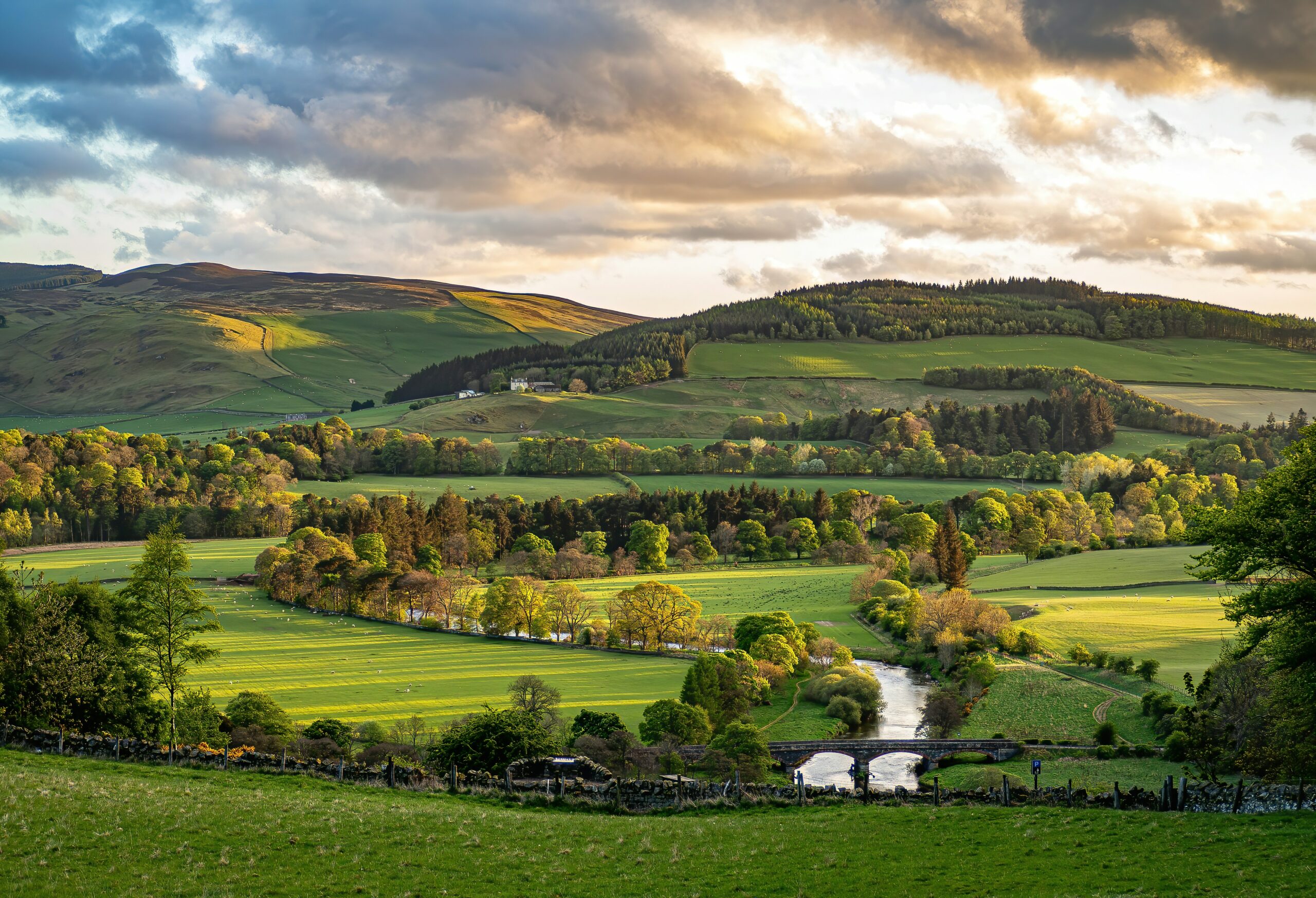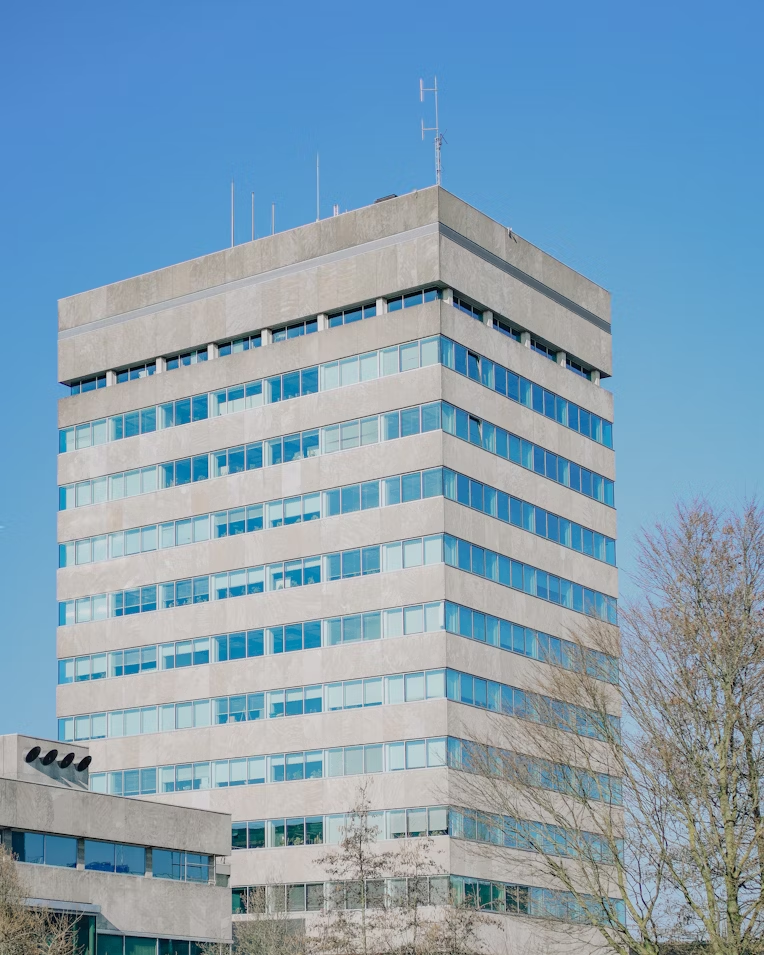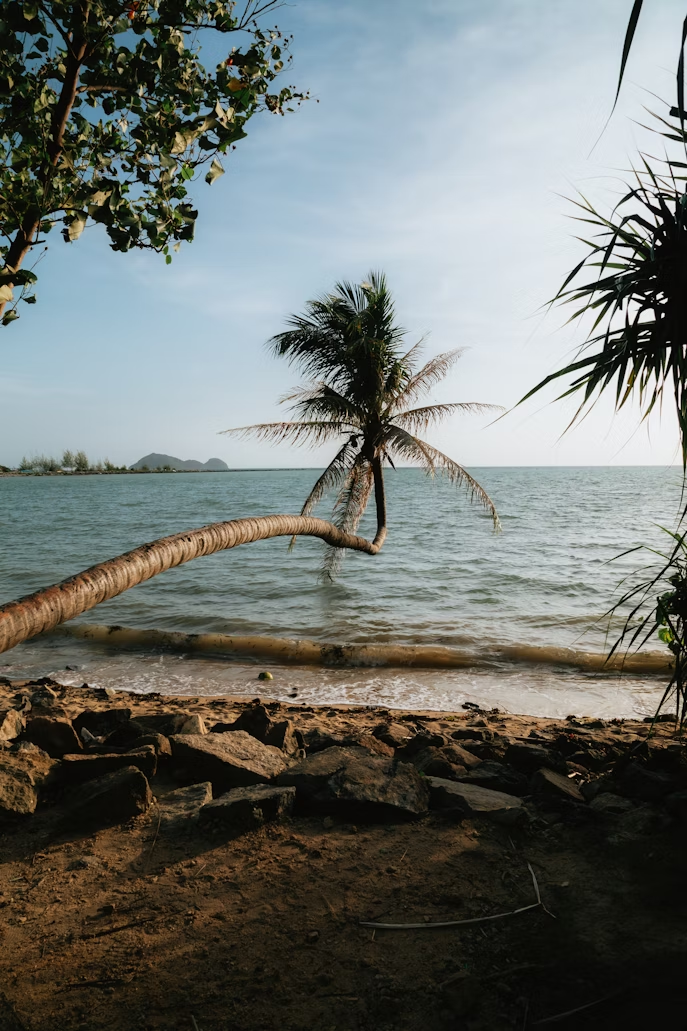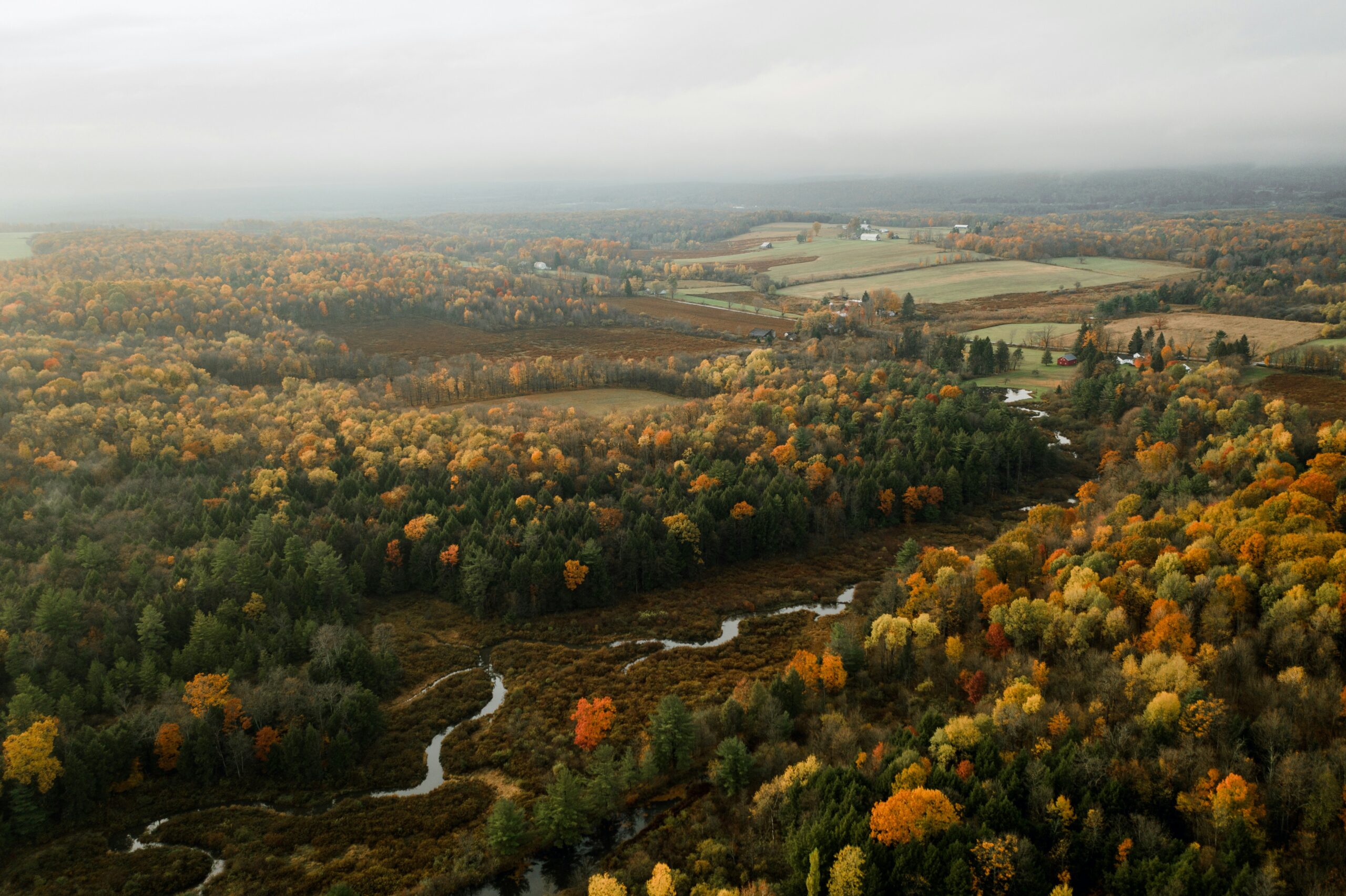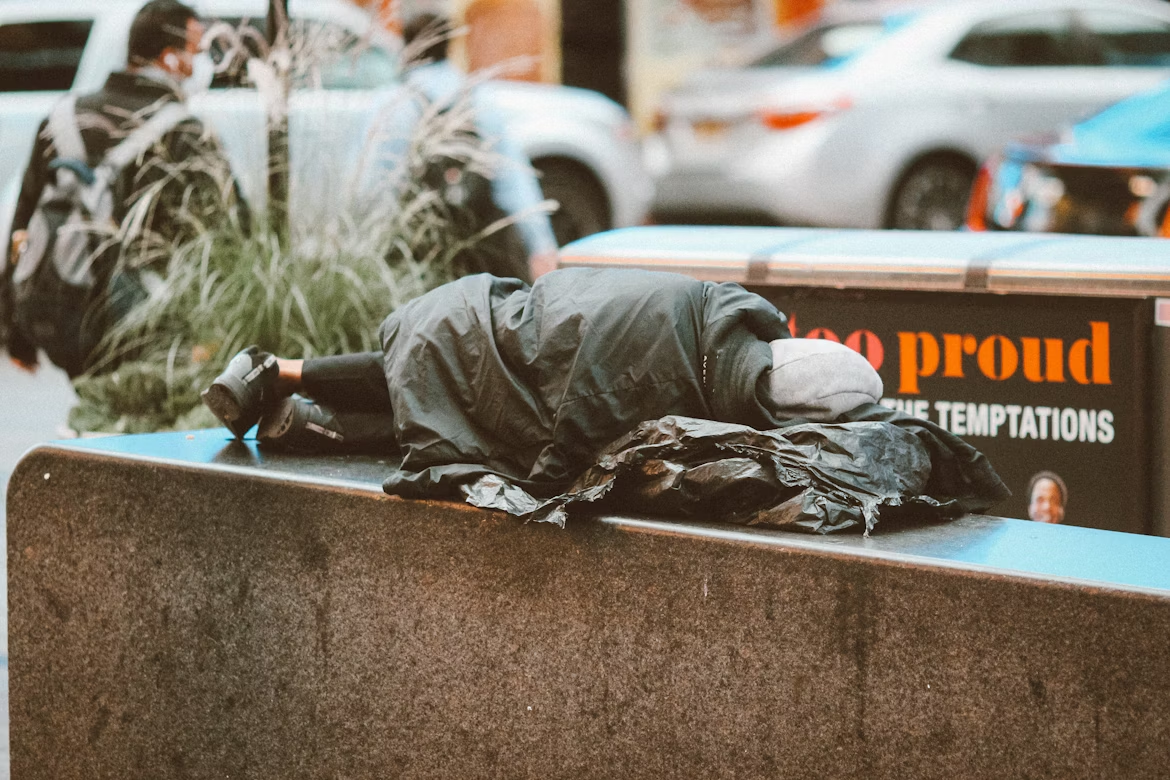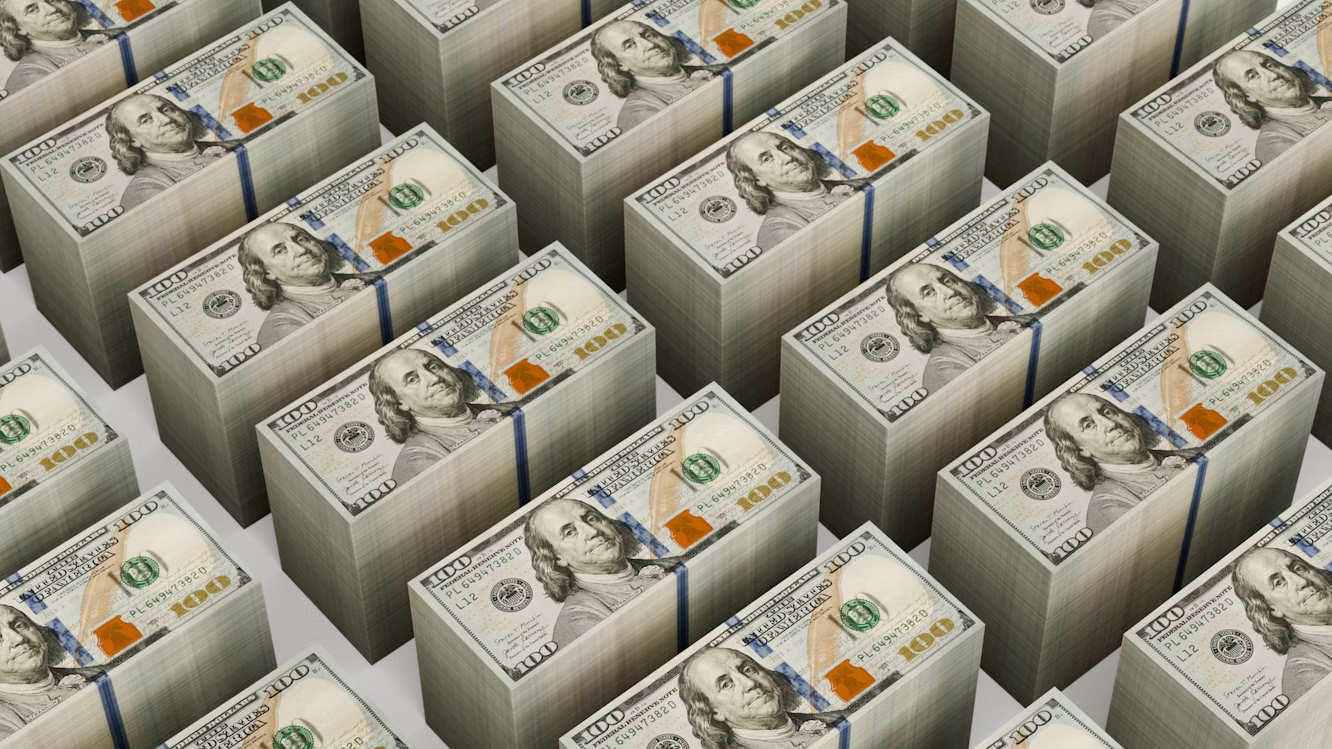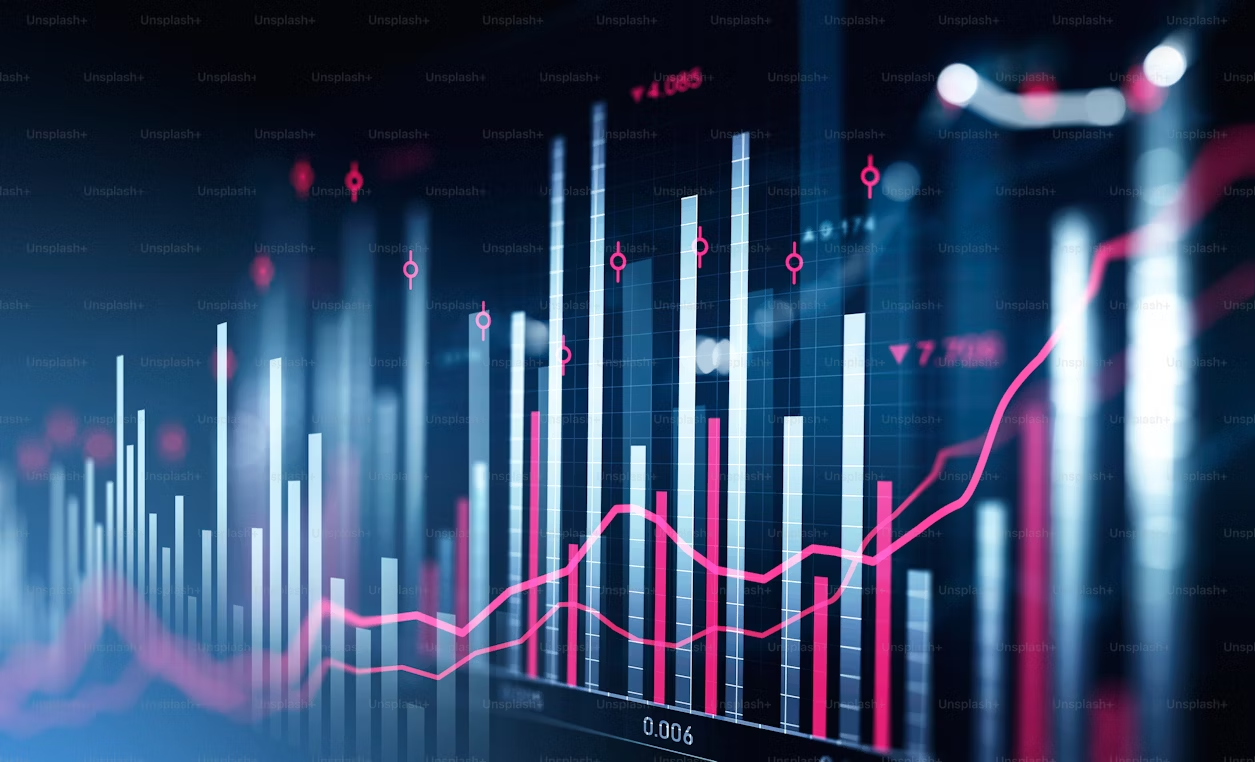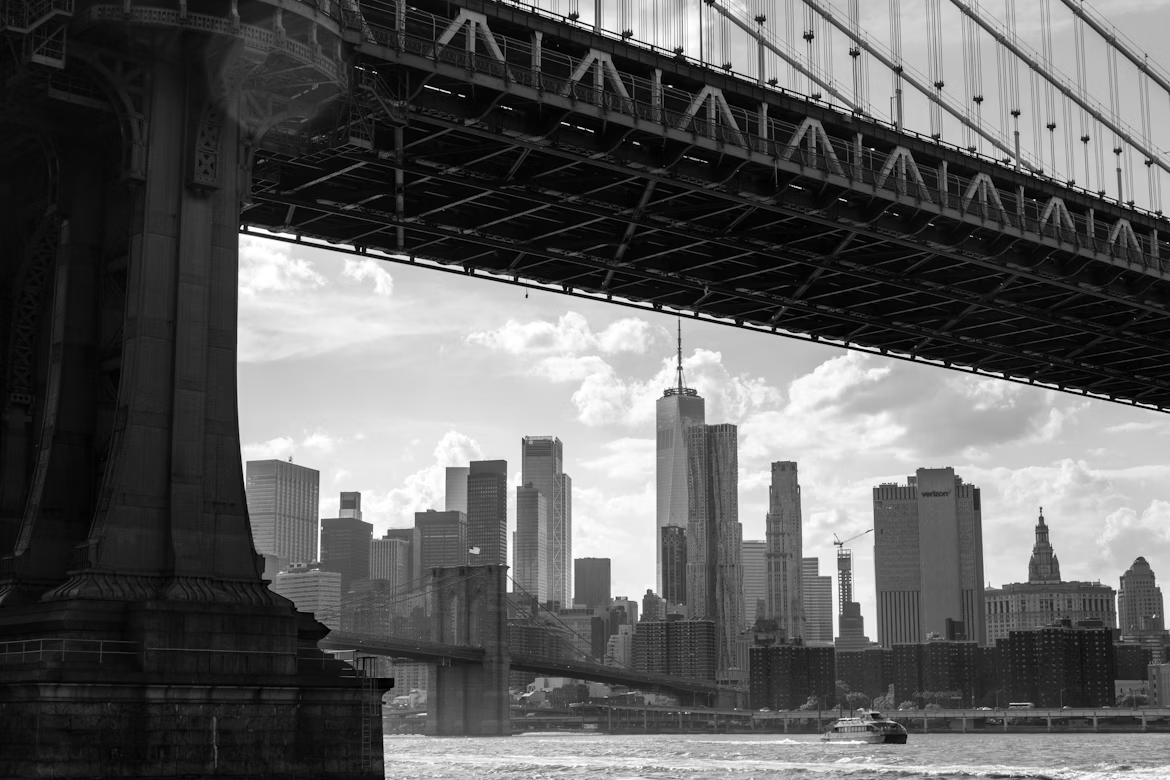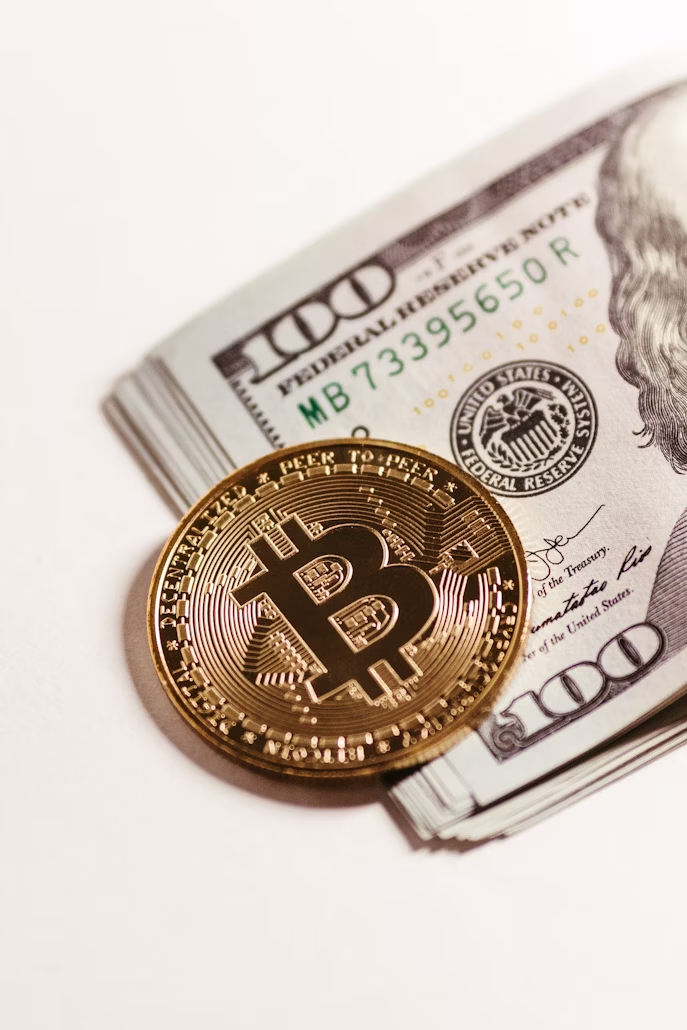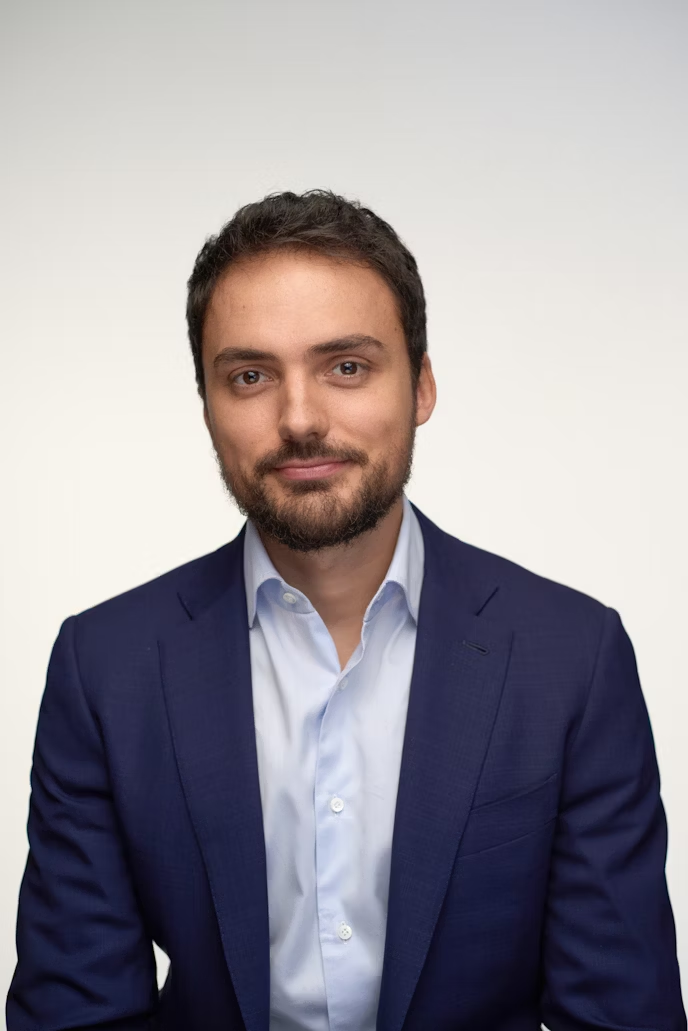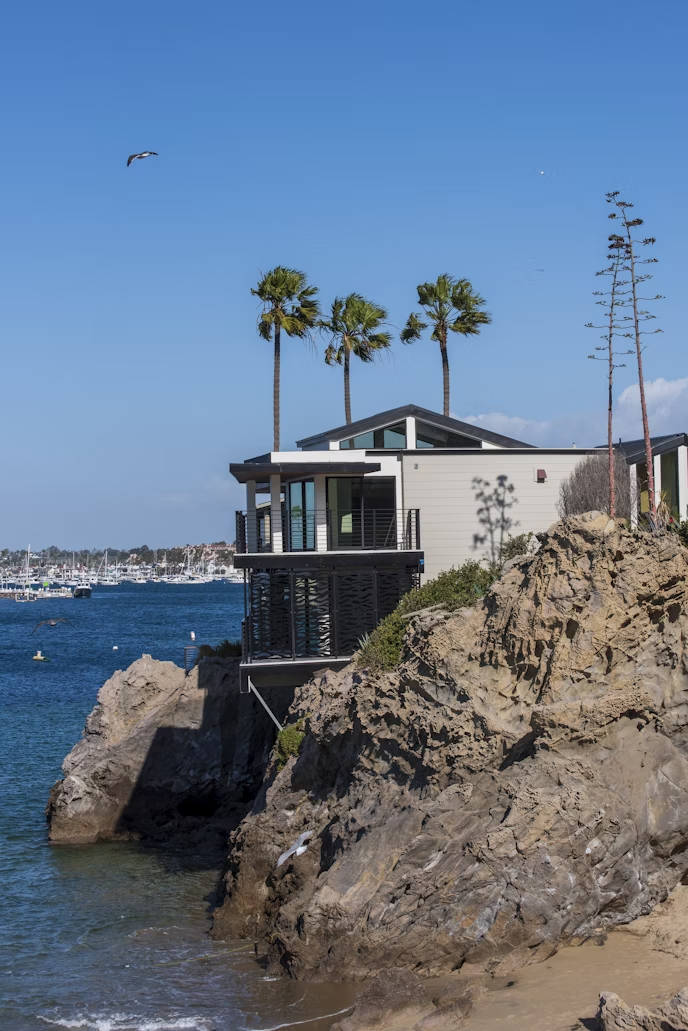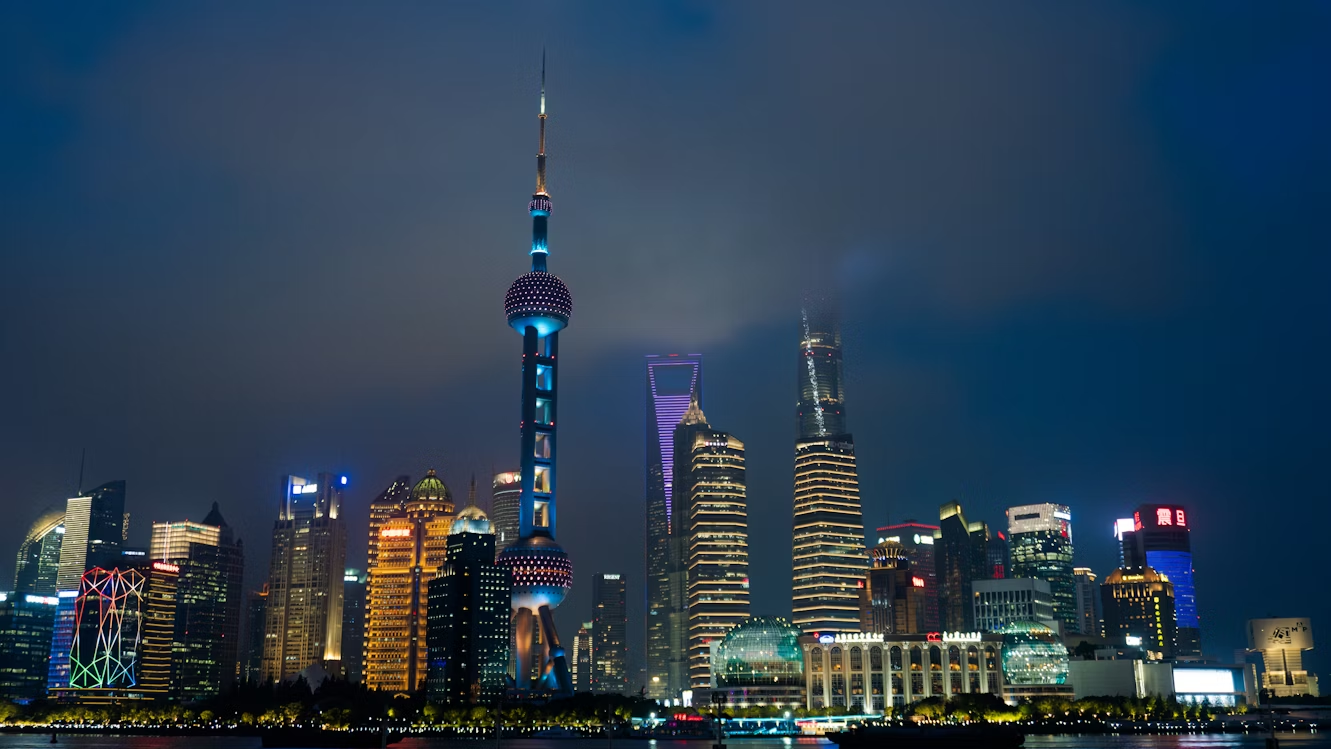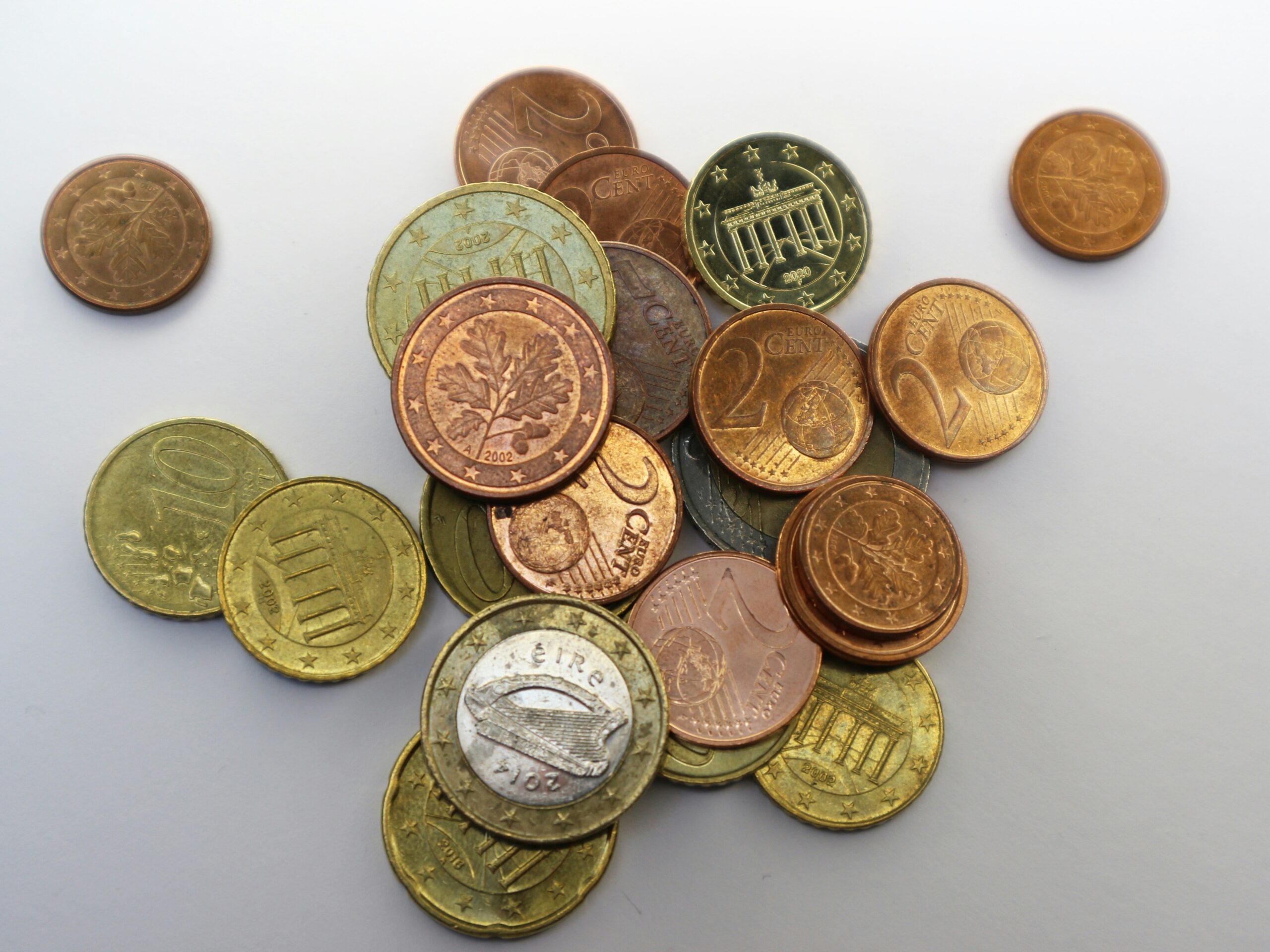Image credit: Unsplash
A recent comprehensive report has revealed a staggering truth about climate change: the disproportionate impact of the “polluter elite.” Although this elite group comprises just 1% of the global population, it is responsible for as much carbon pollution as the poorest two-thirds. This shows how climate change is closely linked with extreme inequality.
This revelation emerged from an in-depth analysis conducted by The Guardian, Oxfam, and the Stockholm Environment Institute. Their research indicates a troubling reality: the wealthiest 1% of the world, including billionaires and millionaires, as well as individuals earning over $140,000 annually, contributed a hefty 16% of all carbon emissions in 2019. This is the same amount of emissions made by about 5 billion people, or the poorest 66%.
But it doesn’t stop there. The wealthiest 10% were behind about half of that year’s total emissions. Chiara Liguori, Oxfam’s senior climate justice policy adviser, puts this in perspective: “It would take about 1,500 years for someone in the bottom 99% to produce as much carbon as the richest billionaires do in a year.” Such a stark contrast shows just how unfair the situation is.
The effects of this problem can be measured and are very serious. In 2019, the top 1% of people produced 5.9 billion tonnes of carbon dioxide. This is enough to significantly change the Earth’s temperature, which could lead to the deaths of around 1.3 million people. This is based on the “mortality cost of carbon,” a widely recognized methodology.

Even more striking, the emissions of just 12 of the world’s wealthiest billionaires, including Carlos Slim Helu, Bill Gates, Jeff Bezos, Google’s Larry Page and Sergey Brin, and luxury retail magnate Bernard Arnault, are equivalent to the annual output of more than 4 1/2 coal power plants. Their emissions arise from various sources, including homes, transportation, yachts, and investments.
Professor William Ripple, who studies ecology at Oregon State University and leads the Alliance of World Scientists, agrees with this report. He says that these findings match what recent science has been saying. Ripple stresses the urgent need to tackle carbon inequality and climate justice to address climate change effectively. This involves reducing inequality and supporting less wealthy regions.
Ripple and his team recently published a paper highlighting the urgency of this problem. They warn that the Earth is “under siege” and in “uncharted territory,” with record-breaking climate change indicators and a lack of significant progress in addressing these issues.
The Guardian and Oxfam report proposes several measures, including transitioning to renewable energy sources and imposing a 60% tax on the incomes of the world’s wealthiest 1%. These measures could lower global emissions by 700 million tonnes.
Coinciding with this report, the United Nations released its findings on the cost of climate adaptation. The UN Environment Programme highlighted a growing “adaptation finance gap,” between $194 billion and $366 billion annually. This gap indicates a pressing need for increased financial investment, particularly in developing countries with higher costs and needs.
Greenhouse gas emissions, which are bad for the climate, are still rising. They’ve increased by 1.2% since last year and are now higher than ever. UN Secretary-General António Guterres warns of the dire consequences if current trends continue. By 2030, emissions could exceed the limits set by the Paris Climate Agreement by 22 gigatons, possibly leading to a global temperature rise beyond the critical 1.5-degree Celsius threshold within the next five years.
Guterres talks about a world where promises are not kept, people in need are in danger, and leaders are not doing enough. He points out that we’re missing a big chance by not using renewable energy, which is easier and cheaper than ever. He says the problem is not just a gap but an “emissions canyon,” a huge difference between what we’ve promised to do about emissions and what we’re actually doing.
This report is a loud and clear call for urgent action. It shows that we must all work together to close this significant gap and ensure a safe and fair future for everyone.







